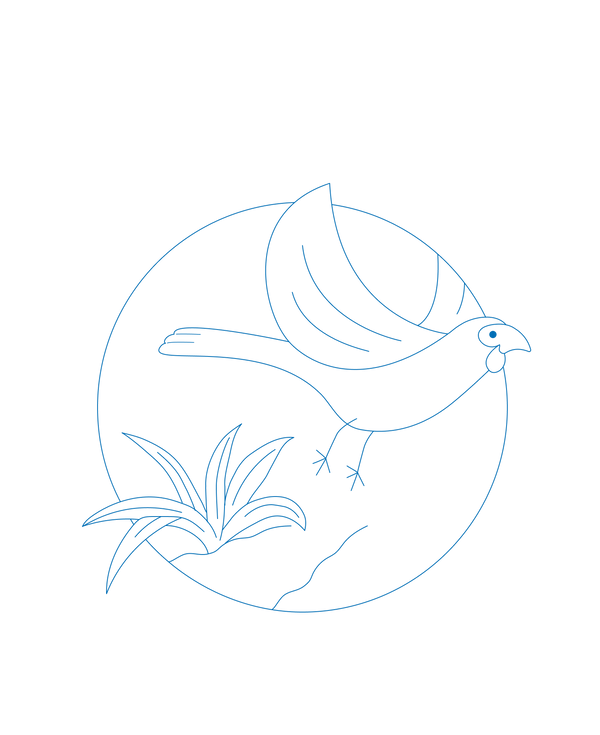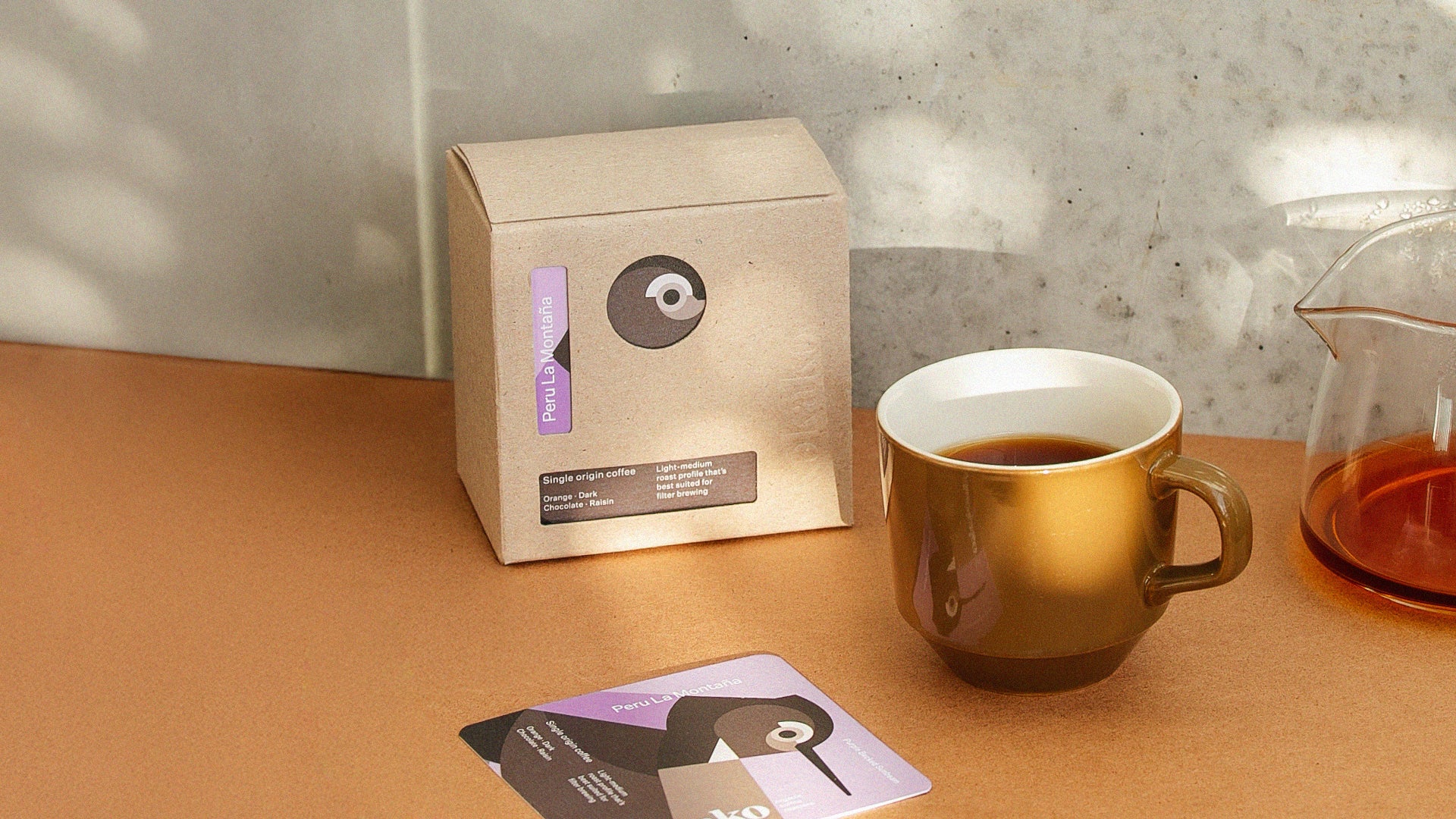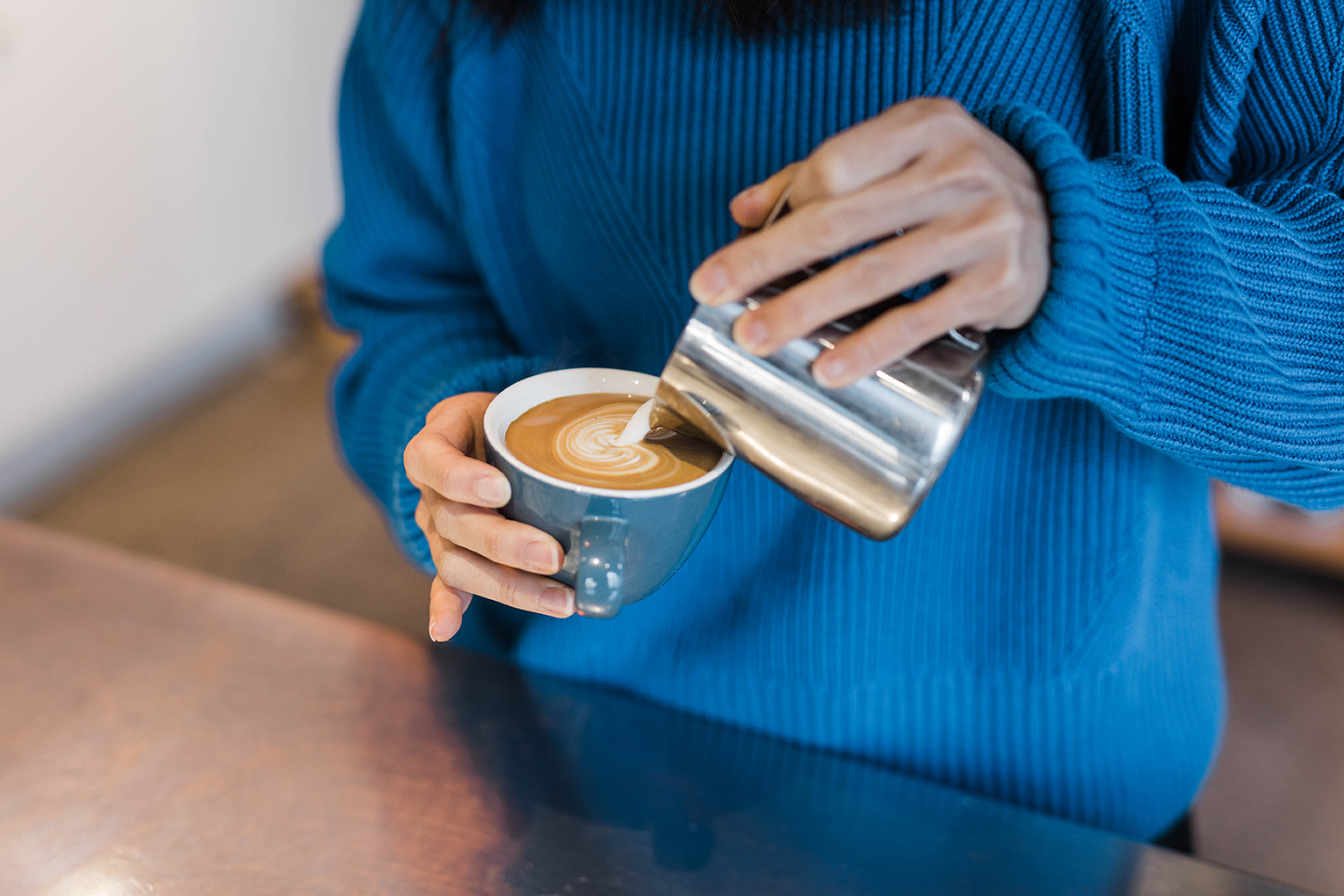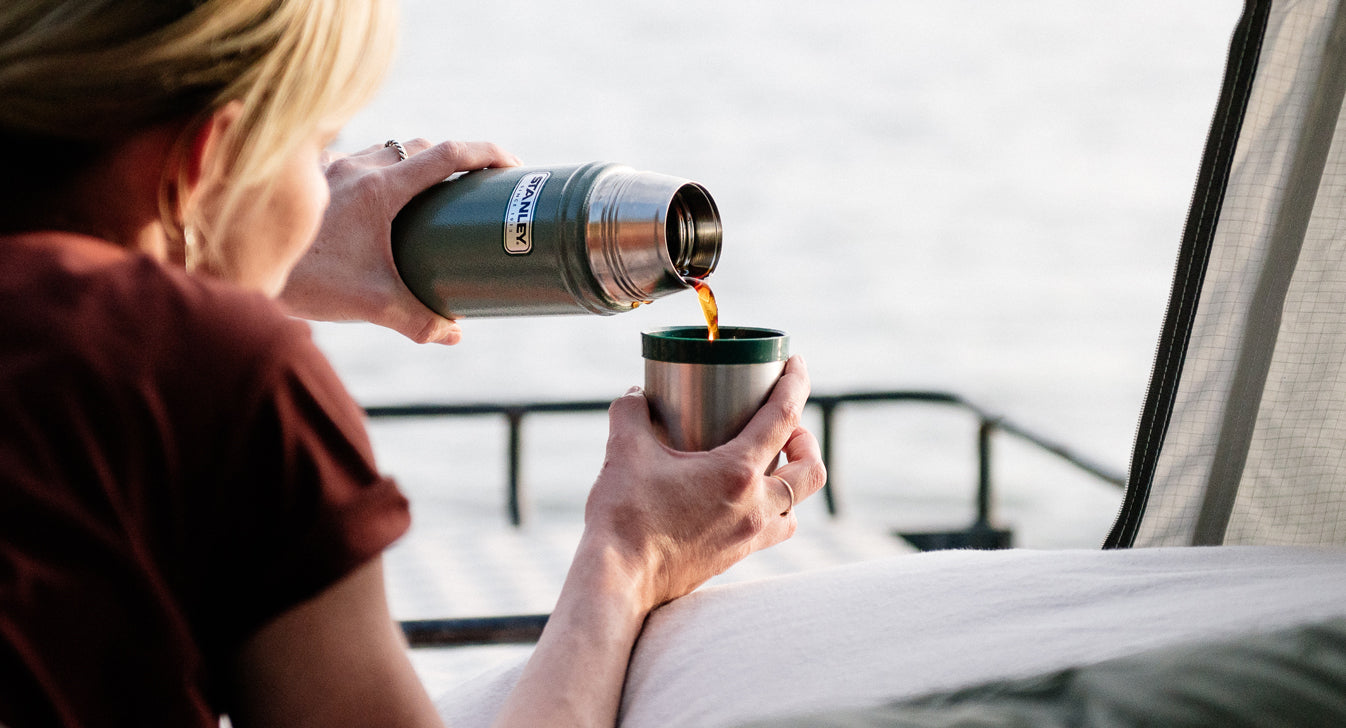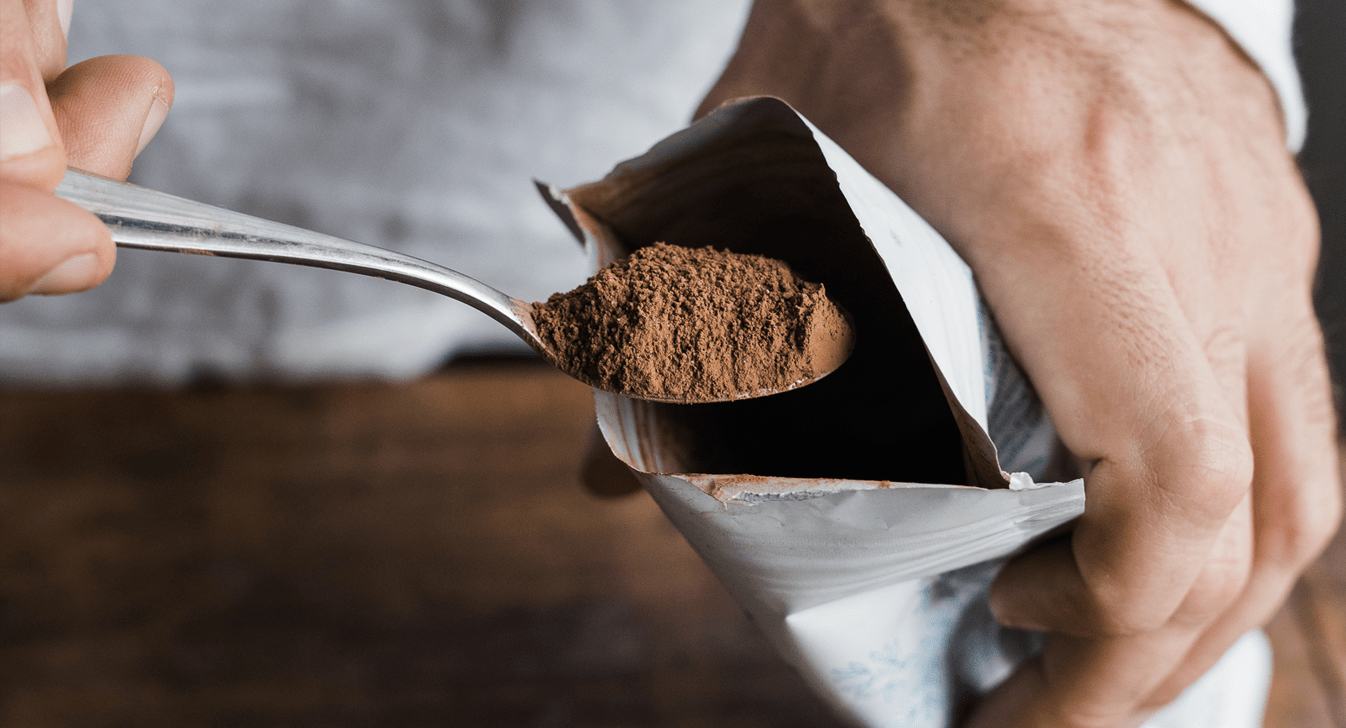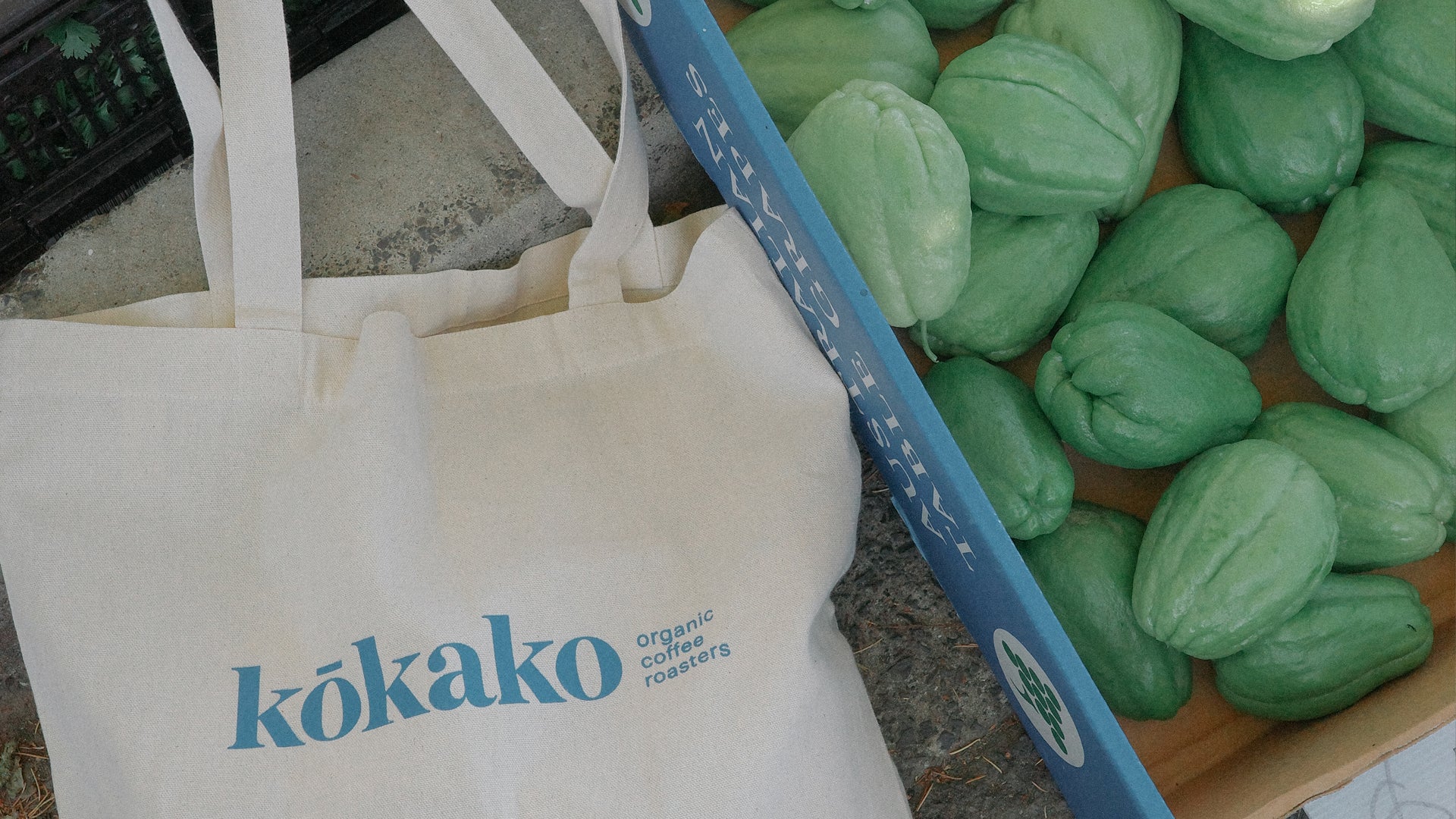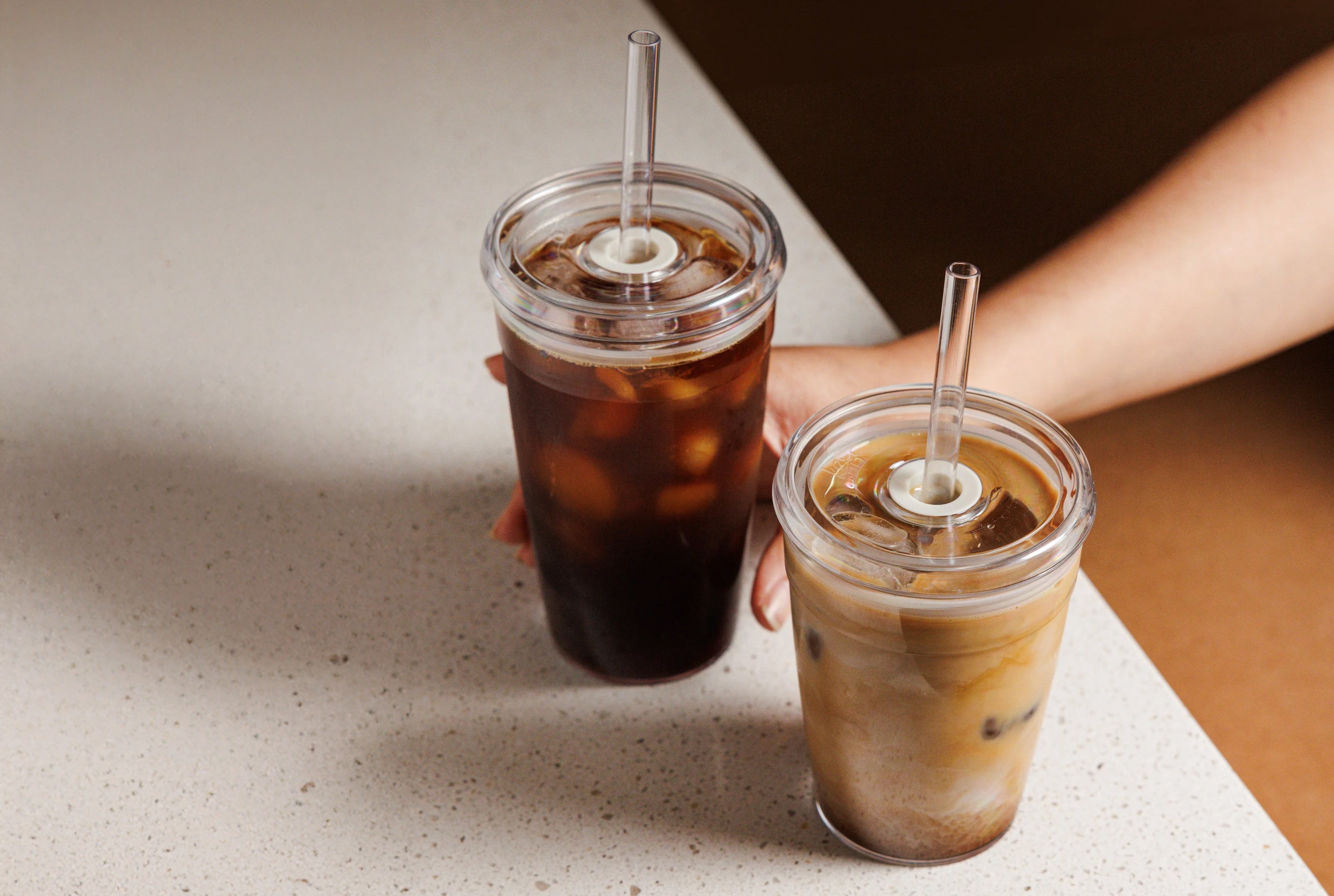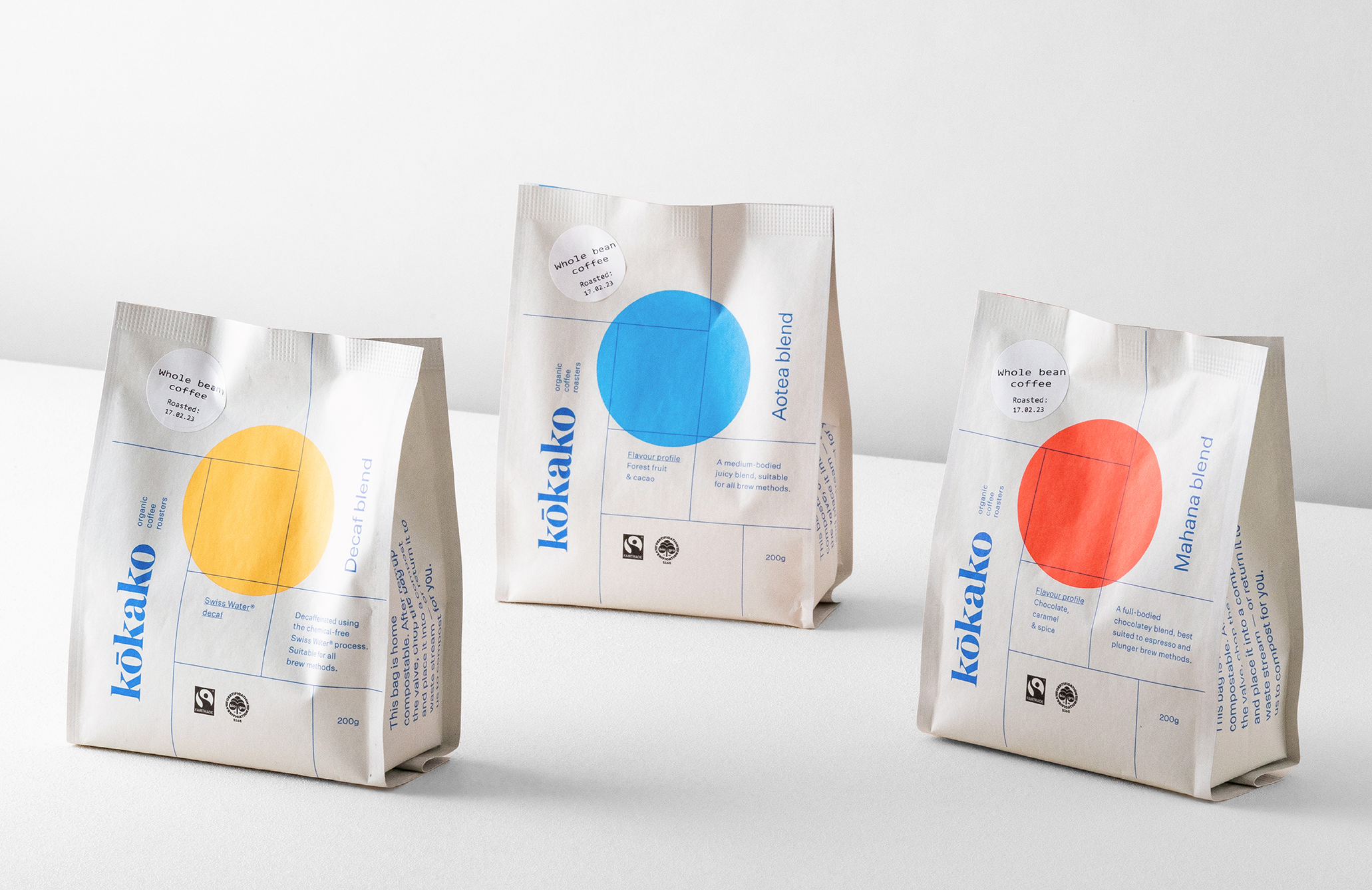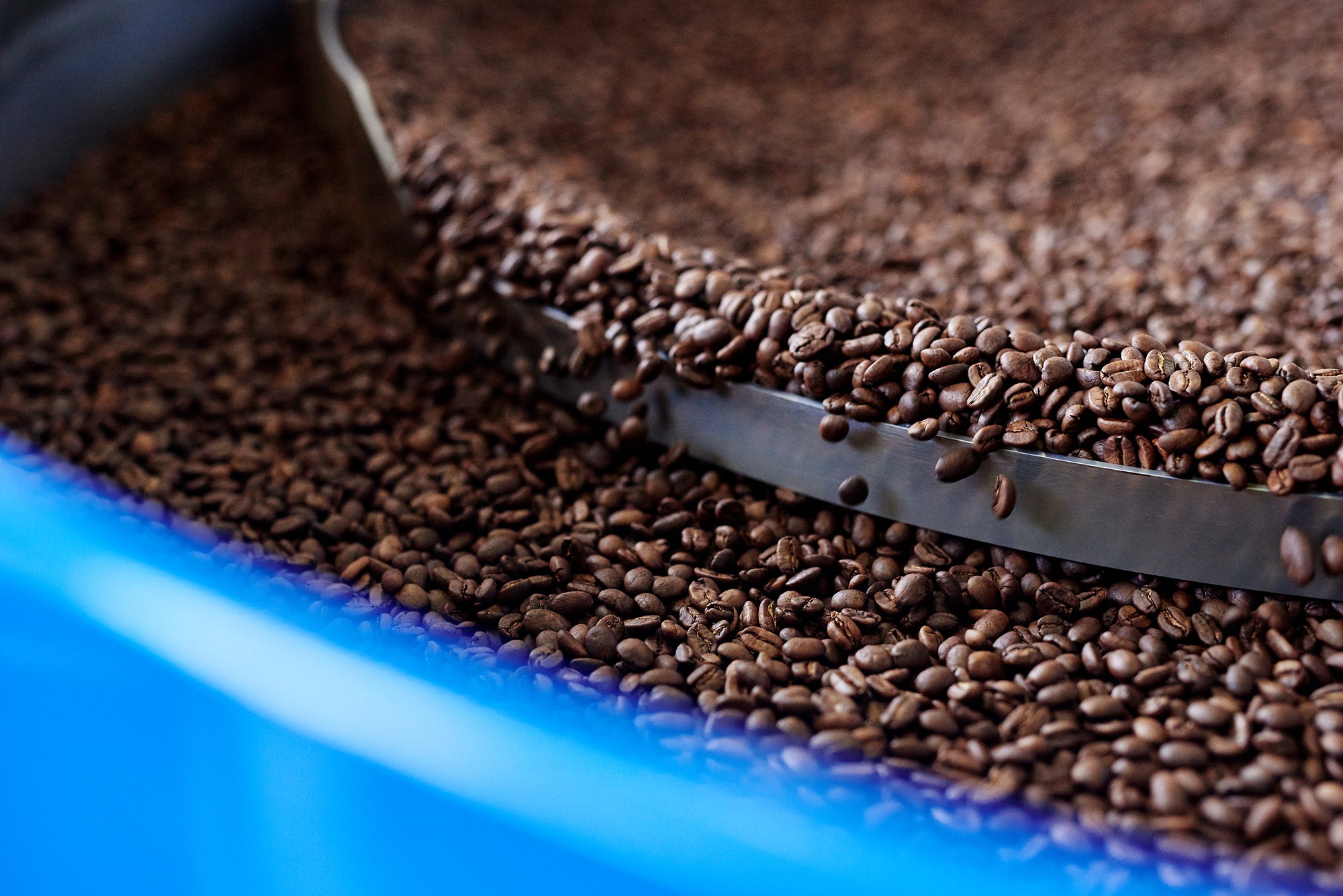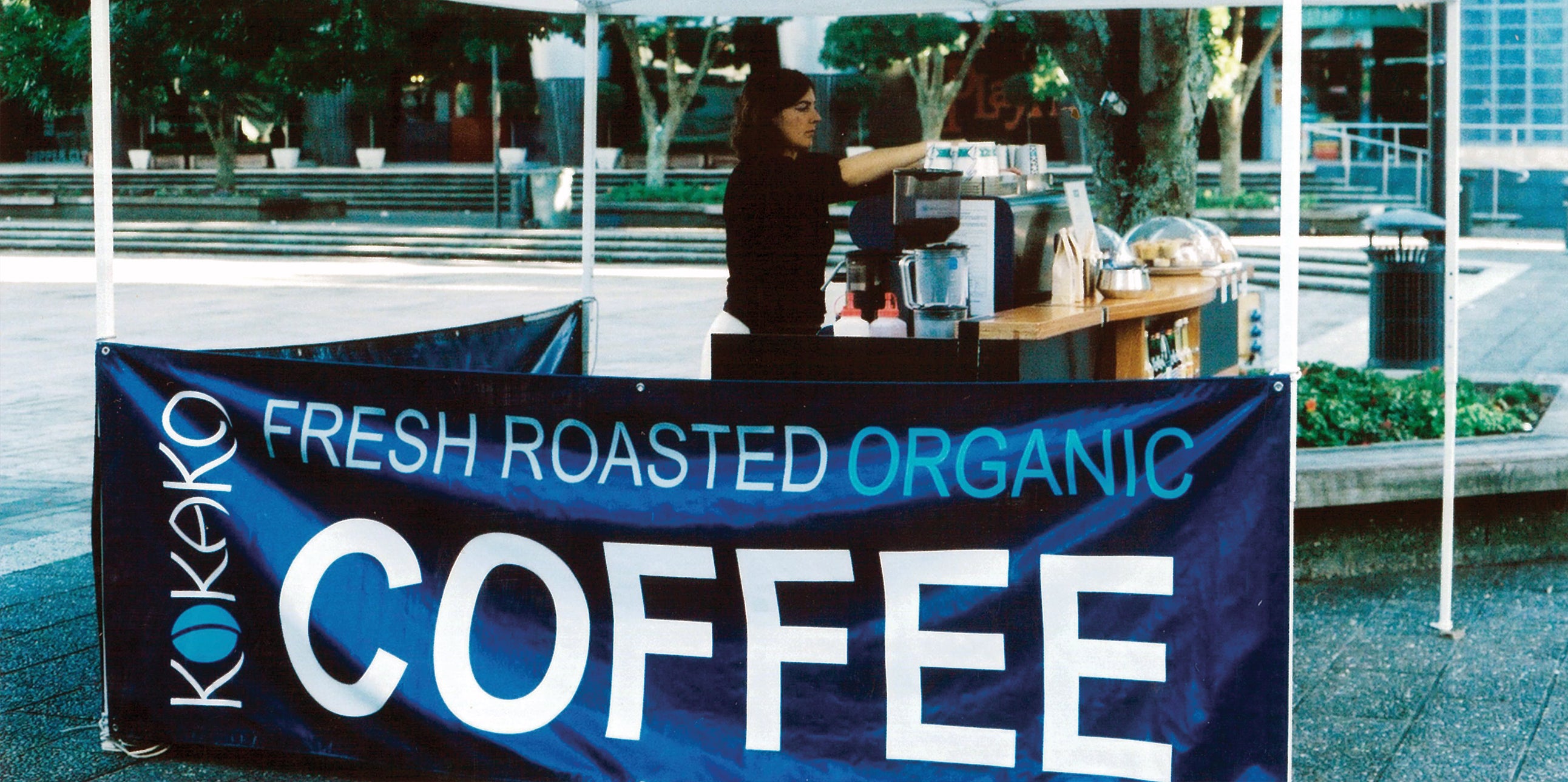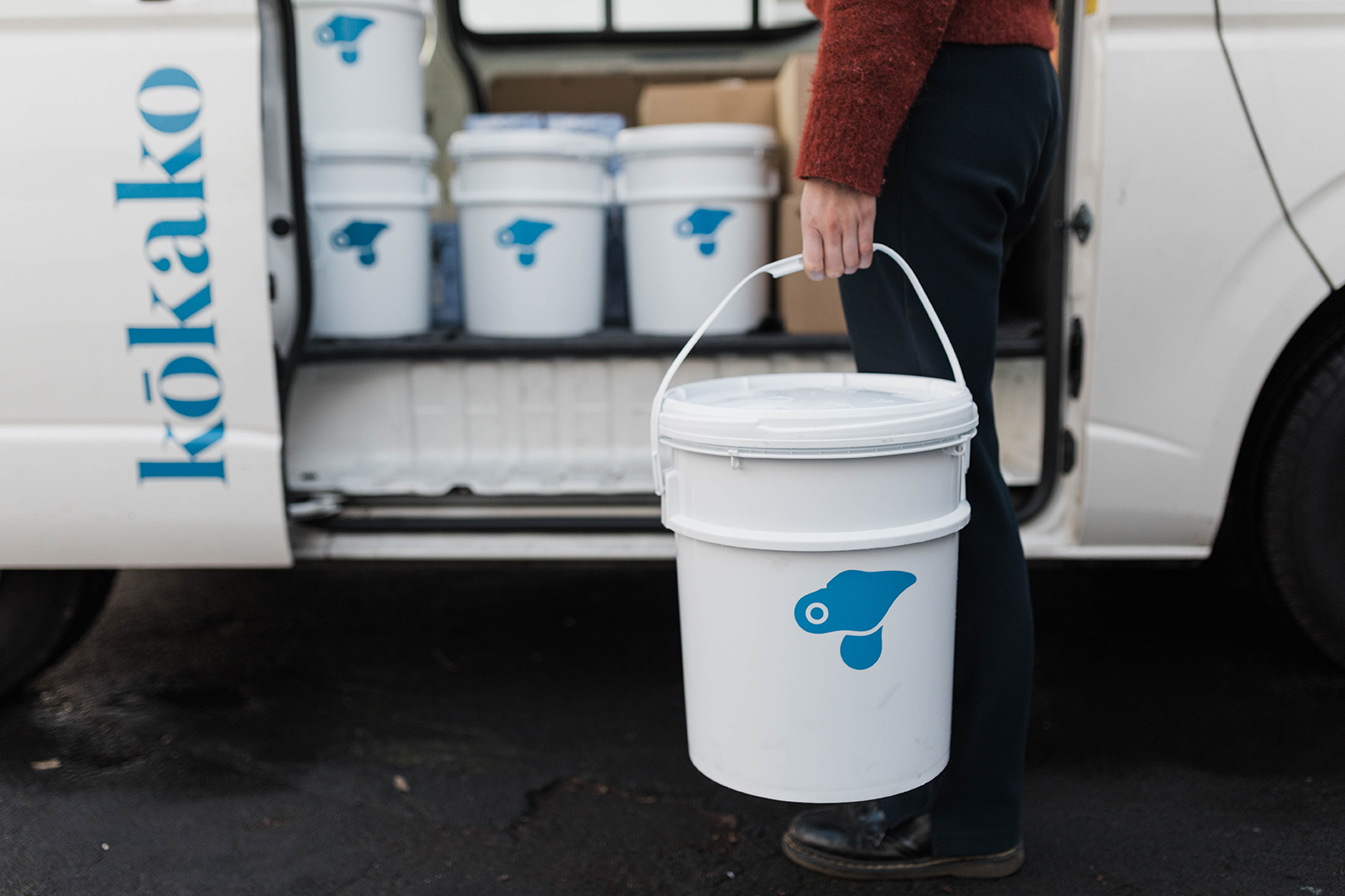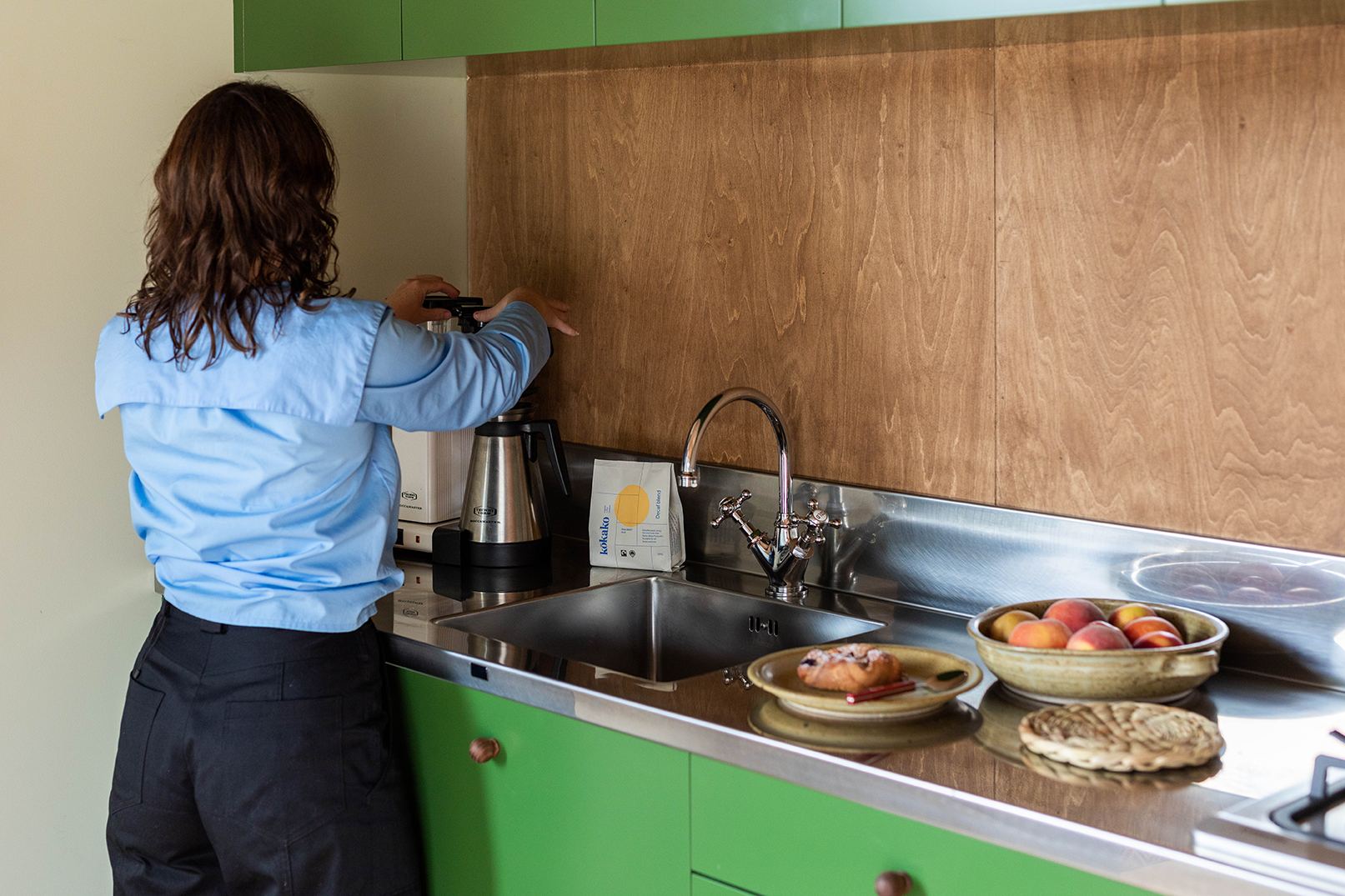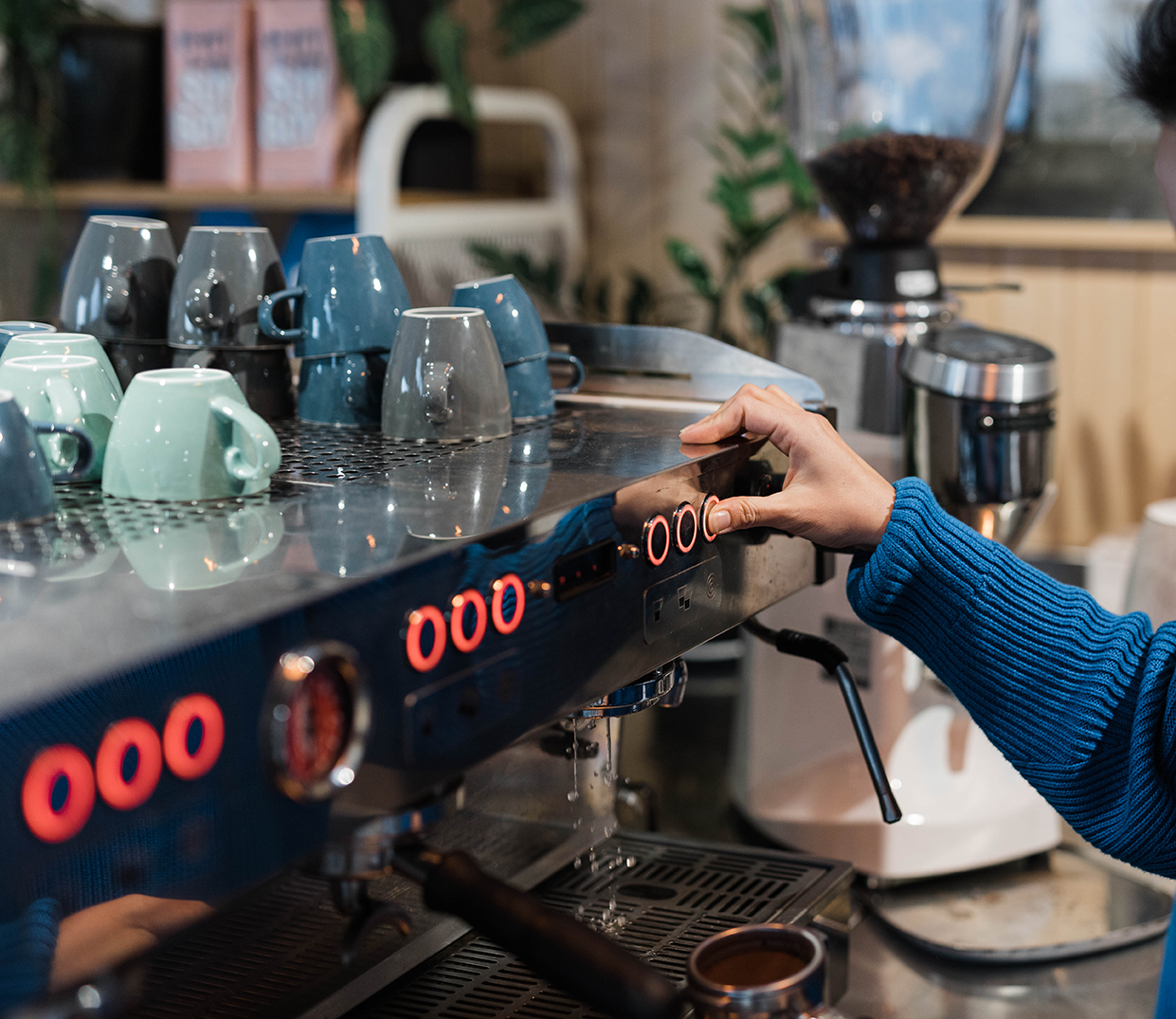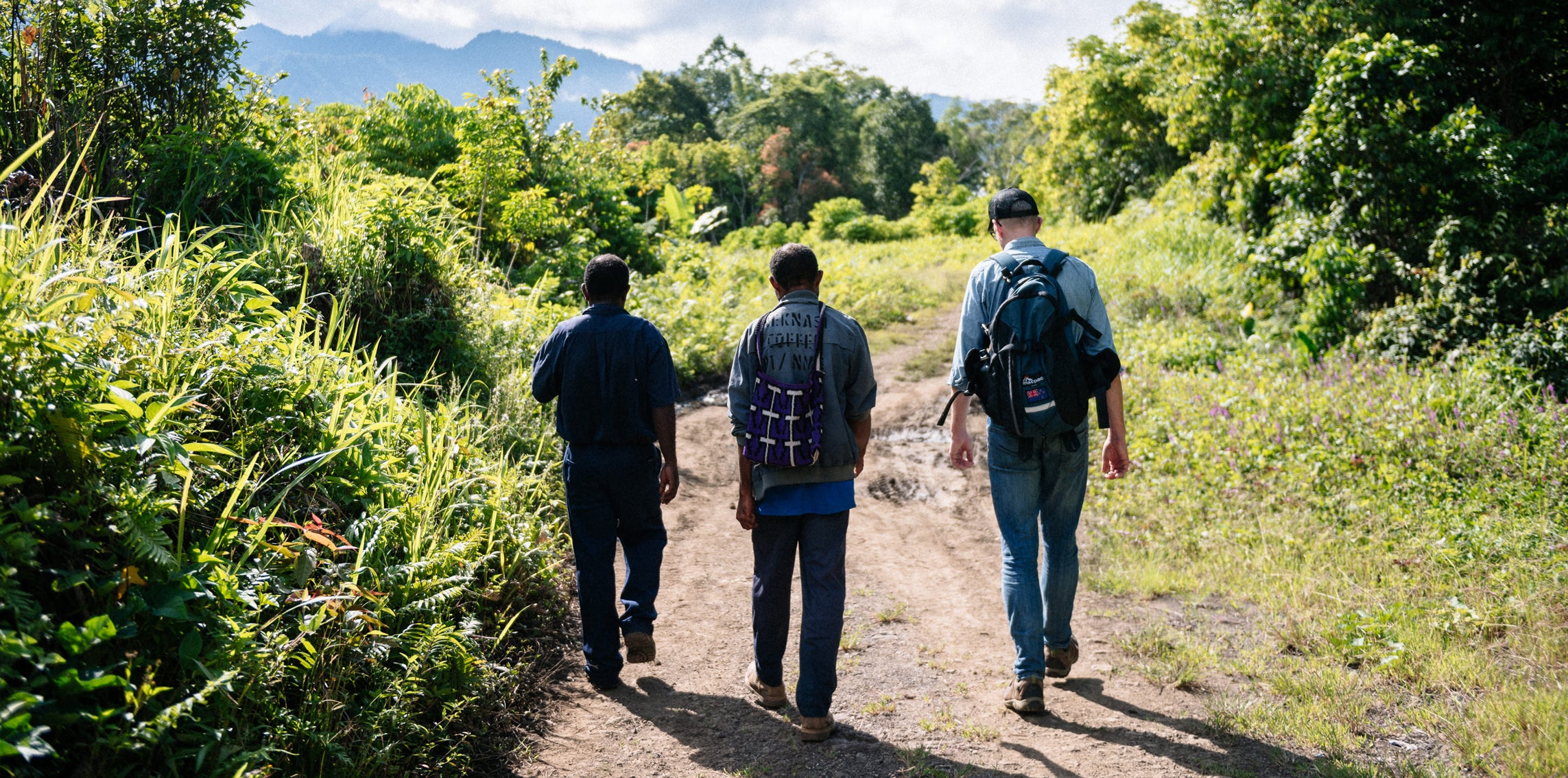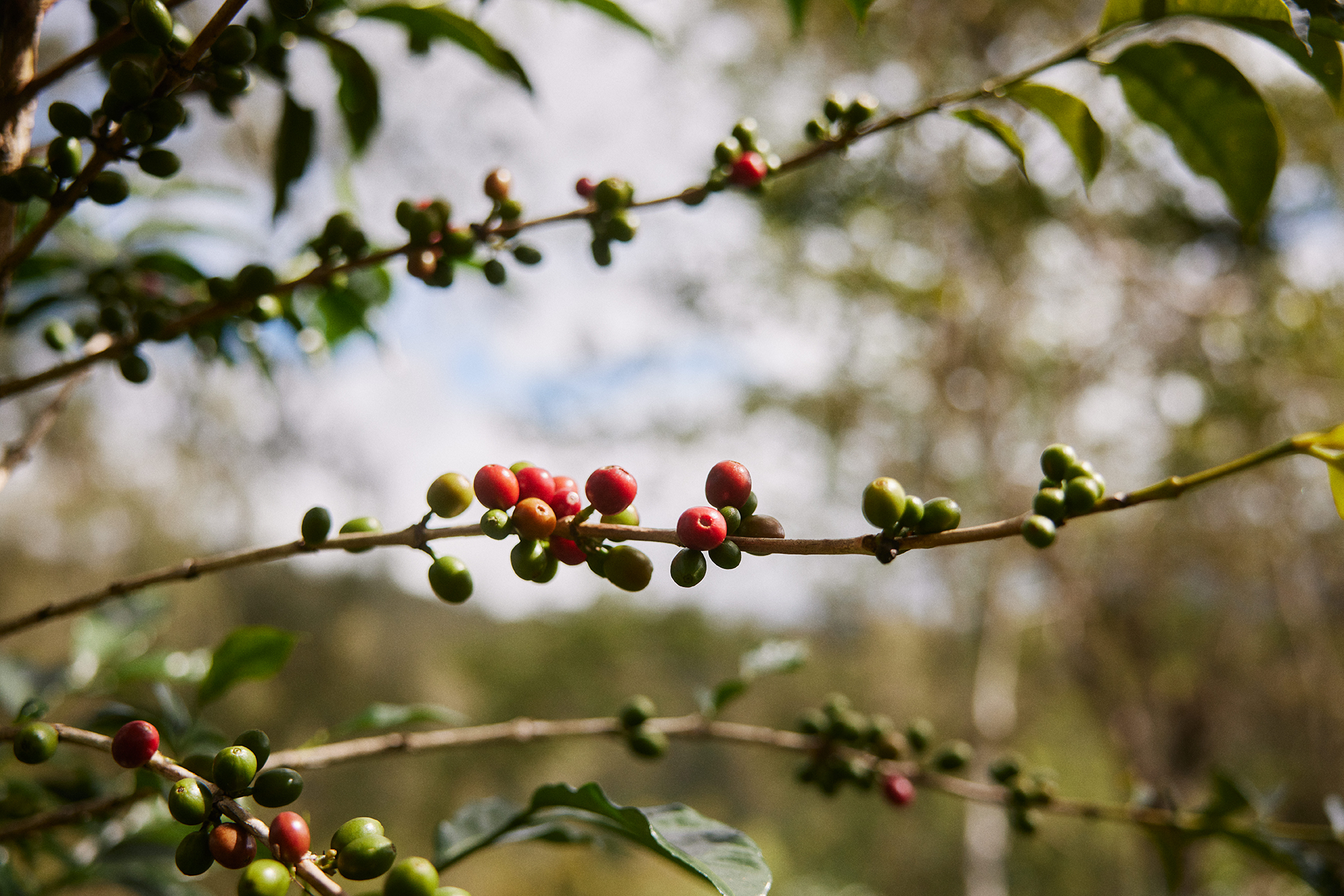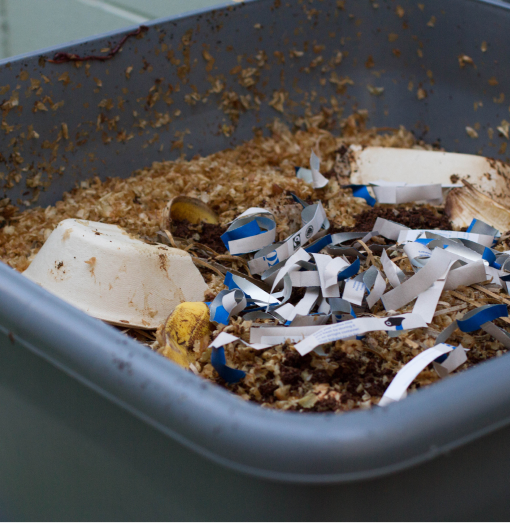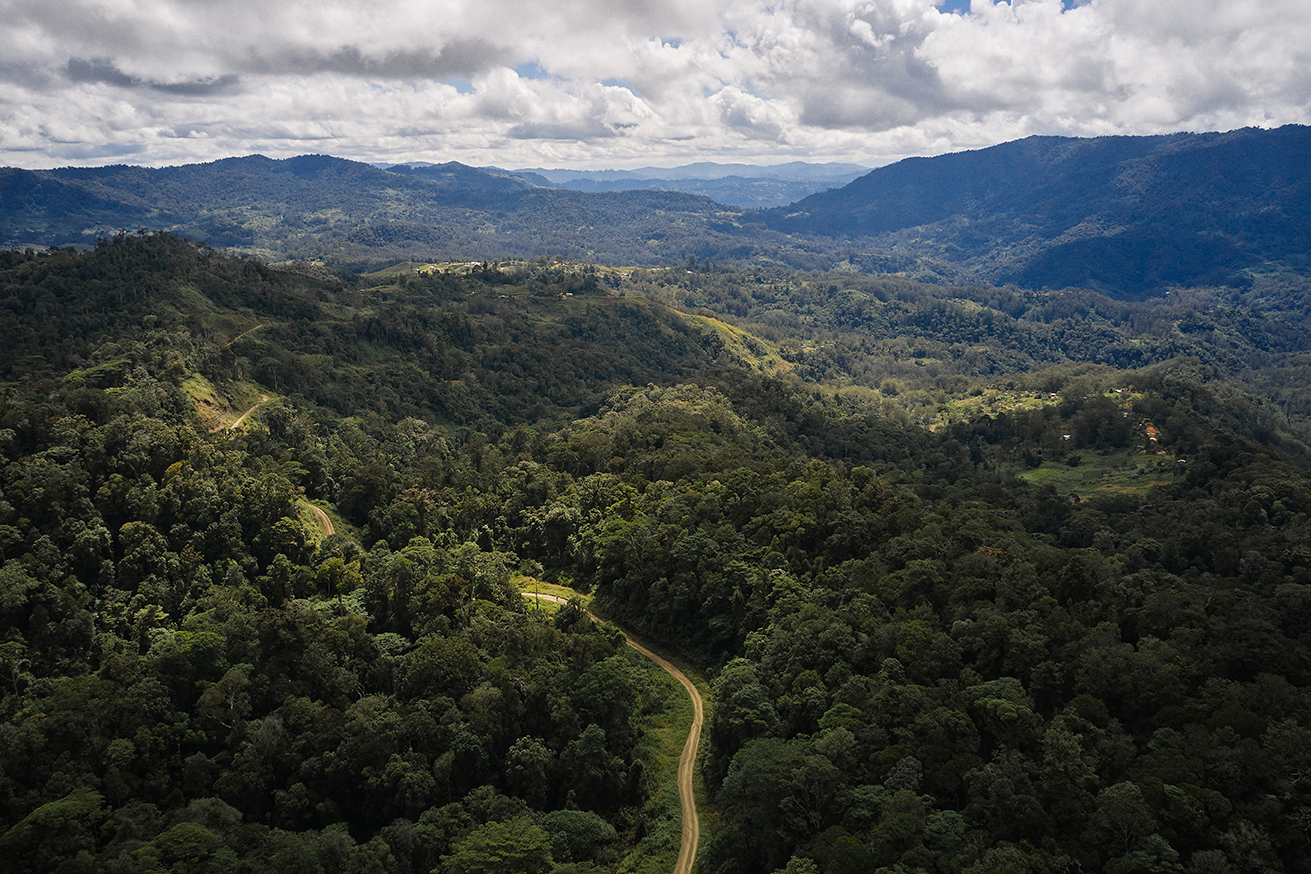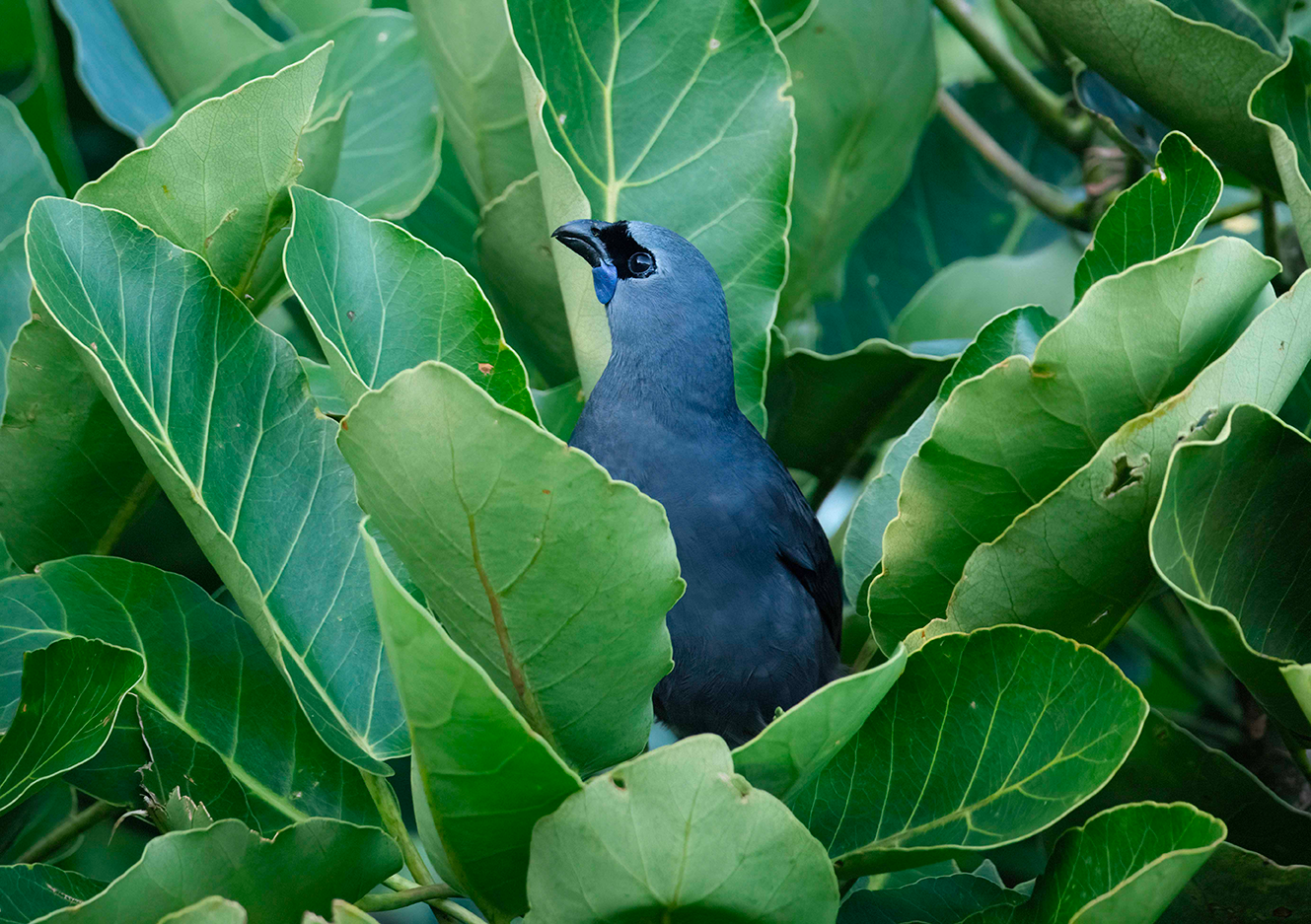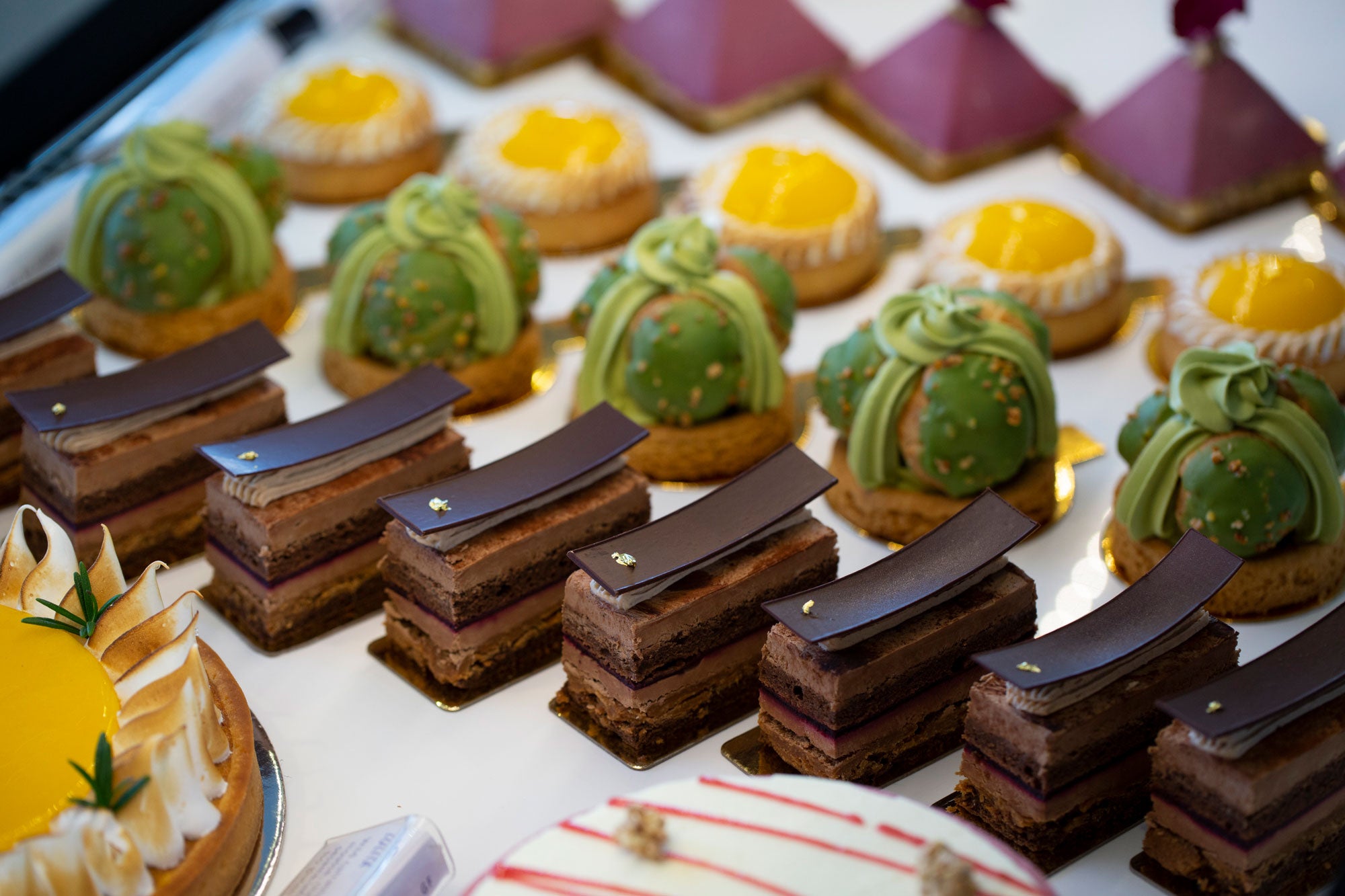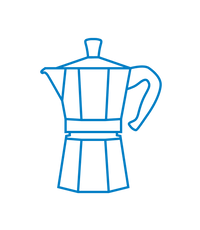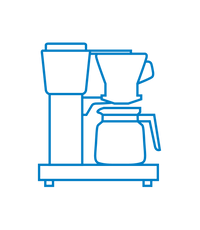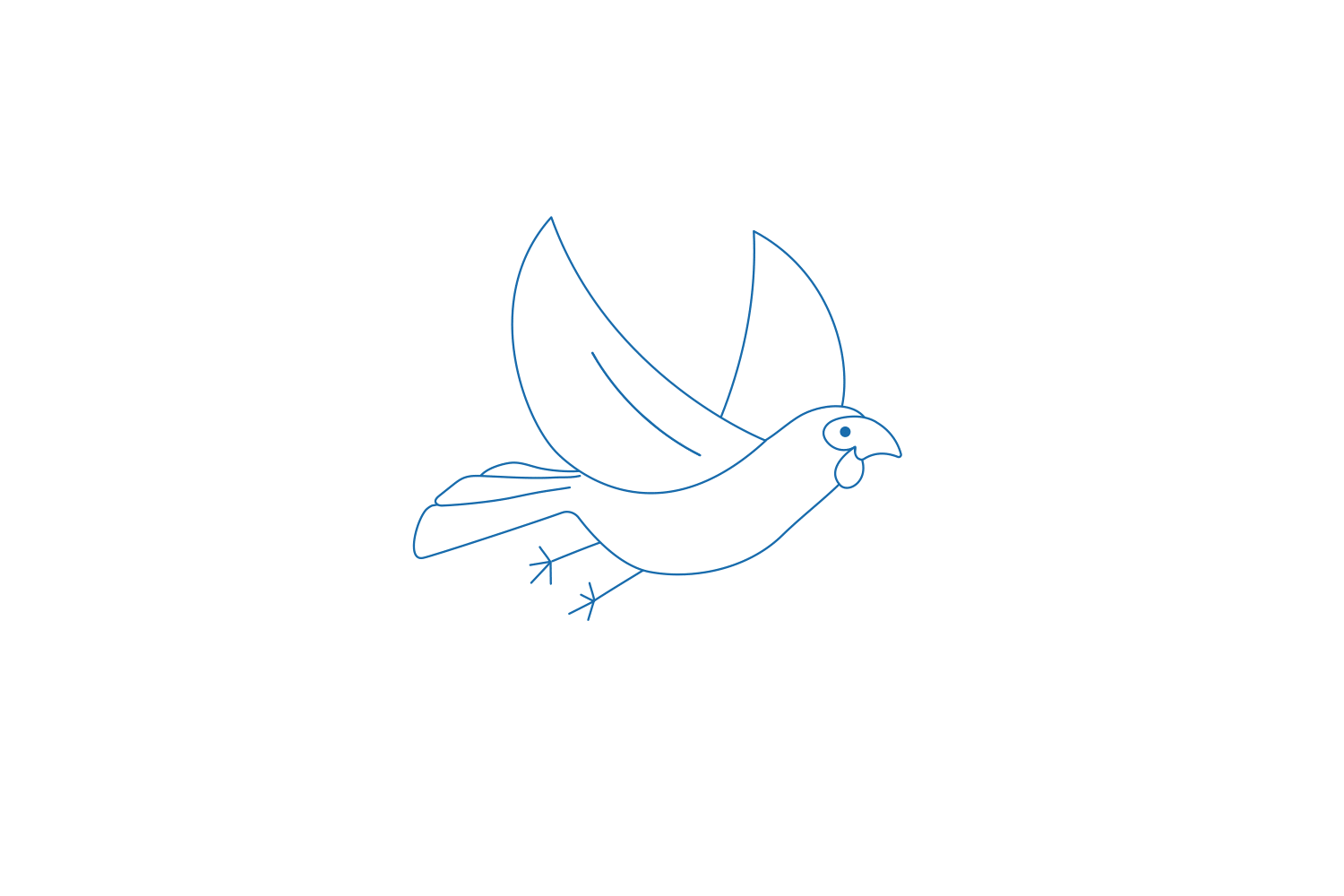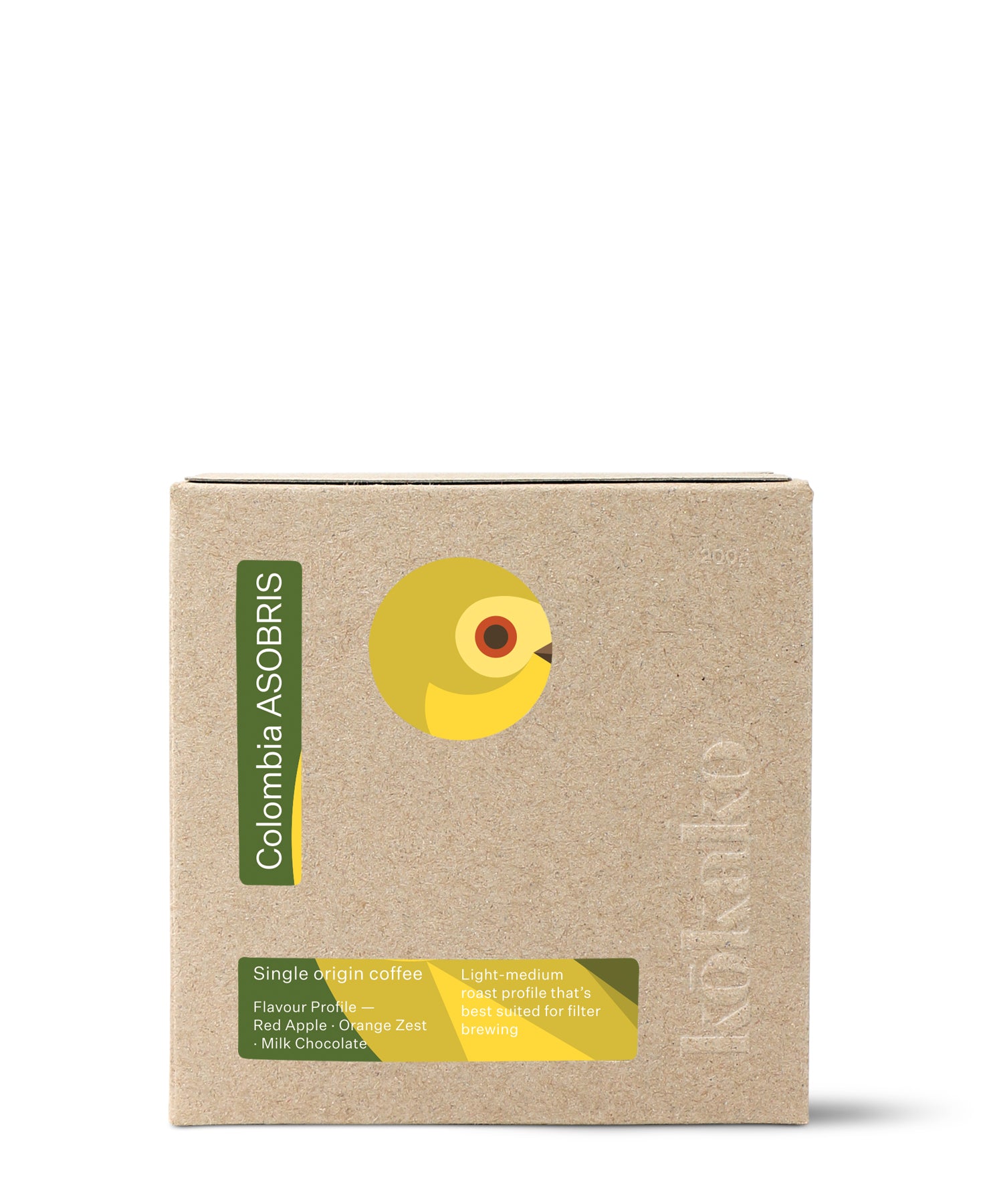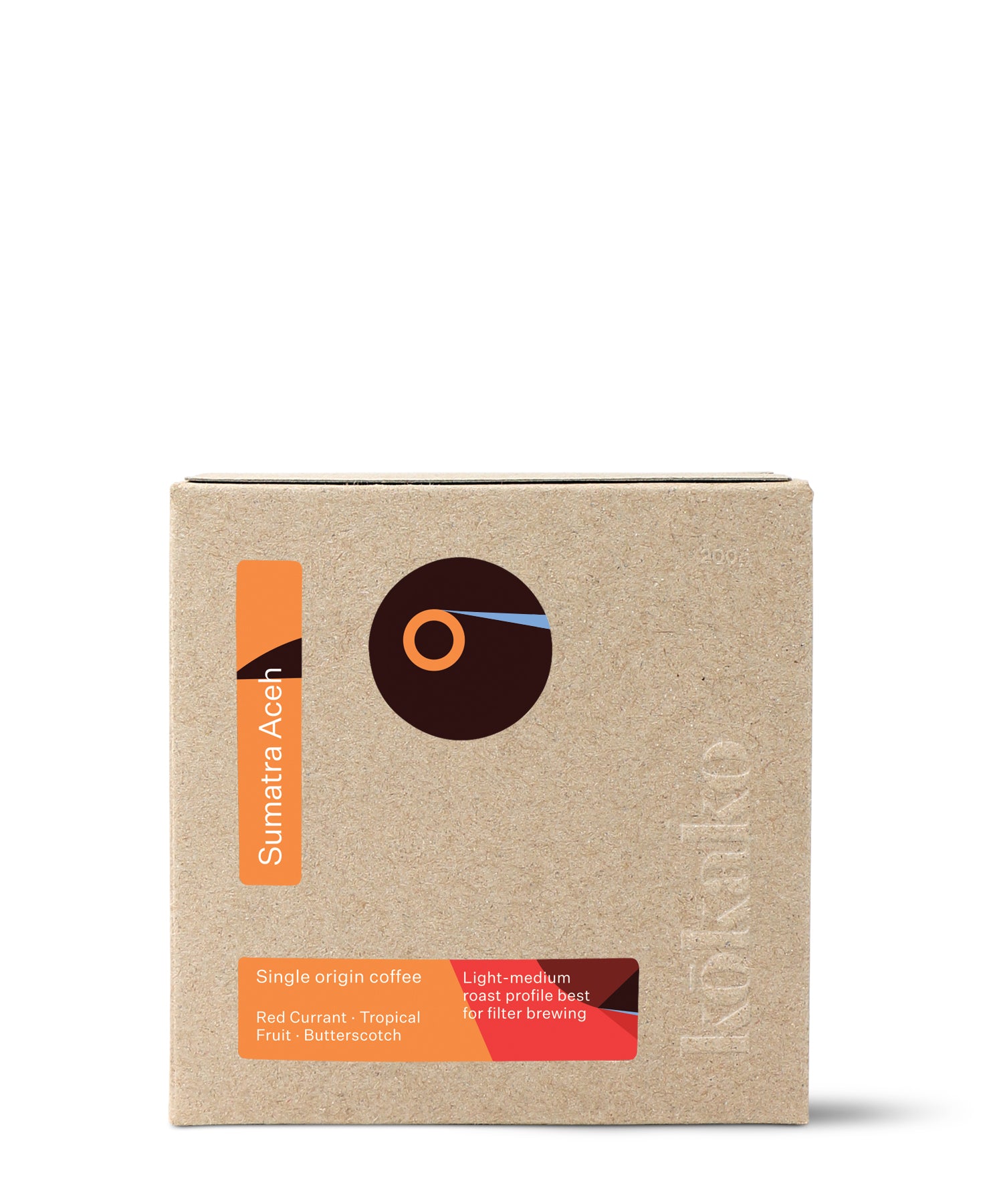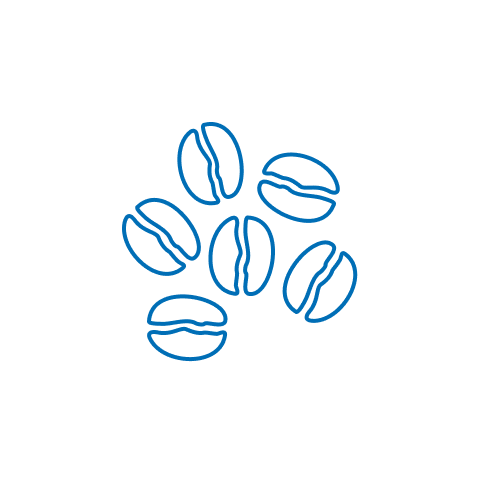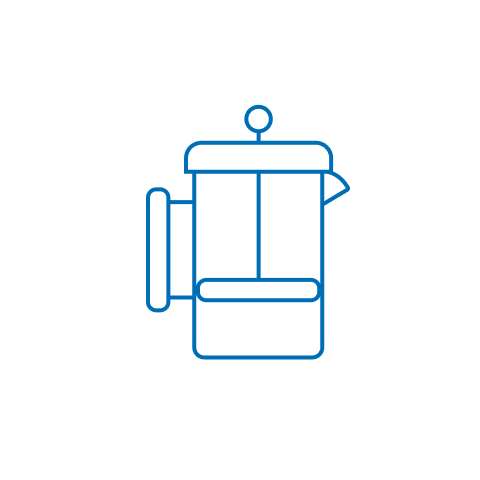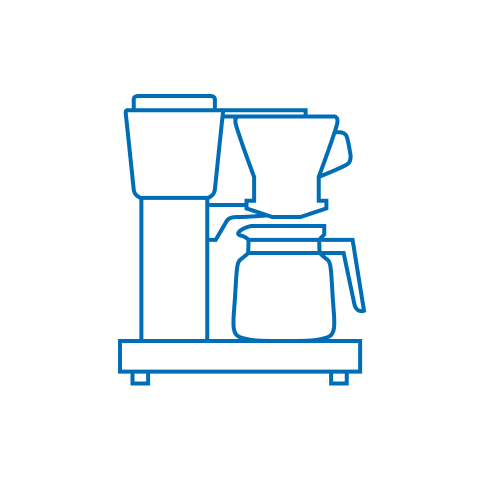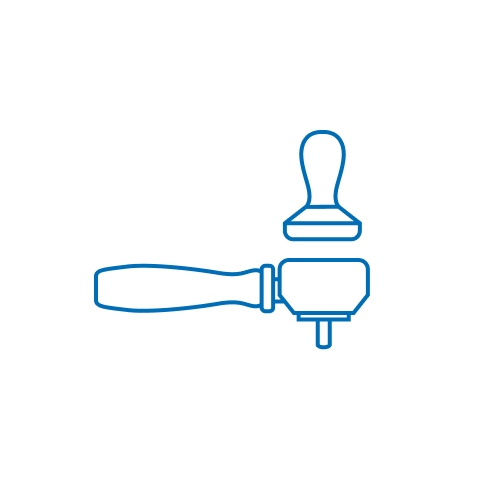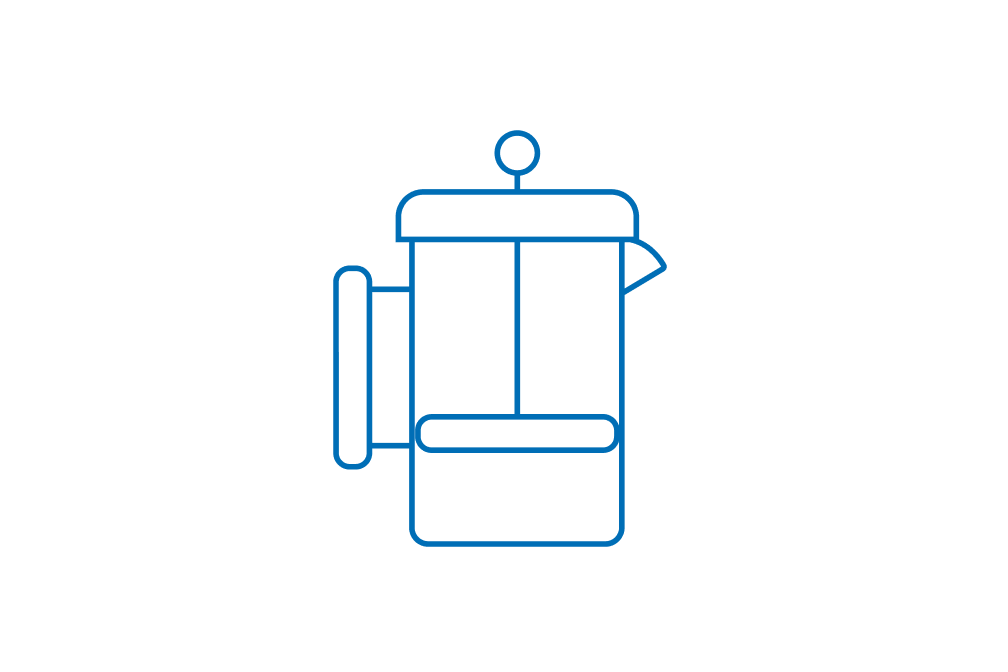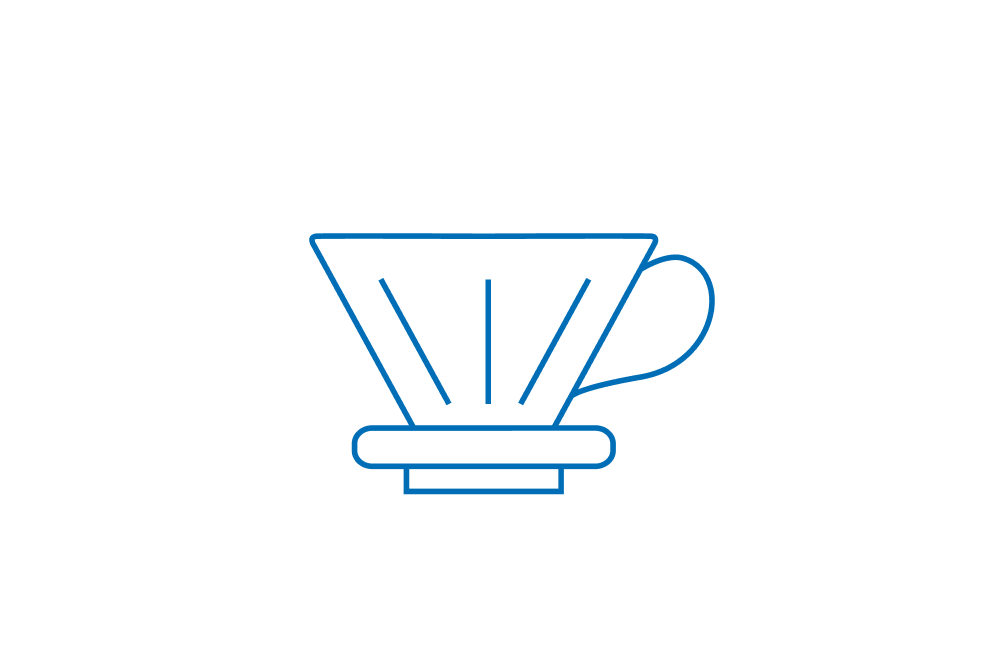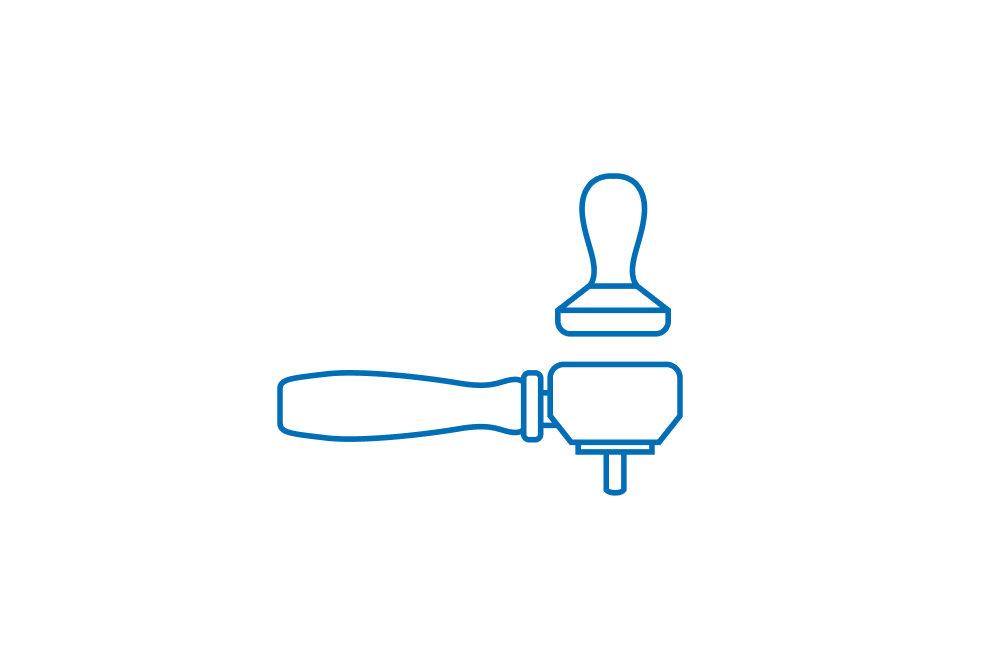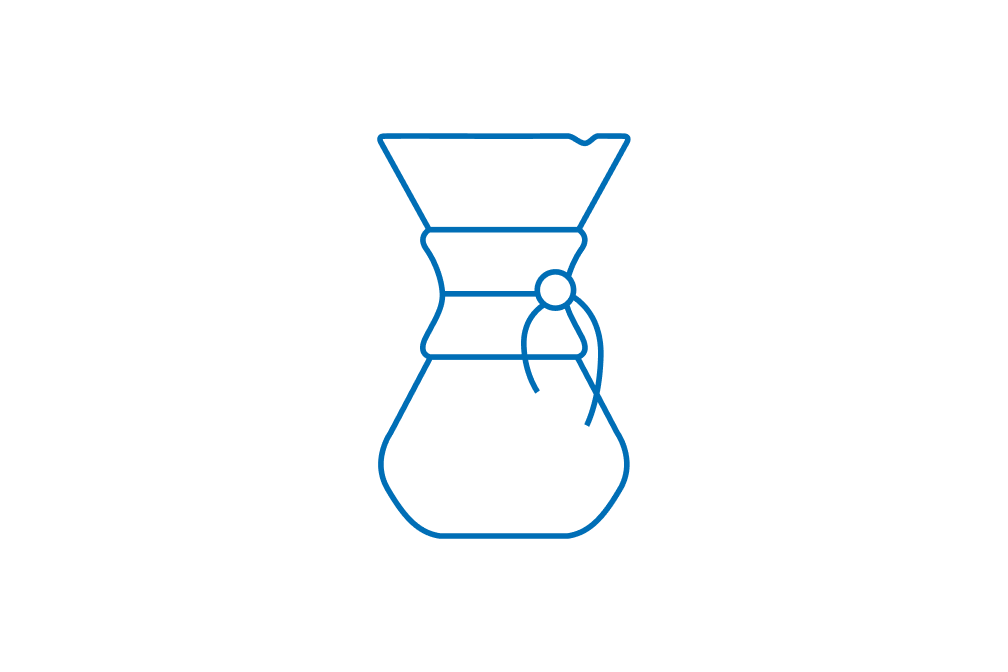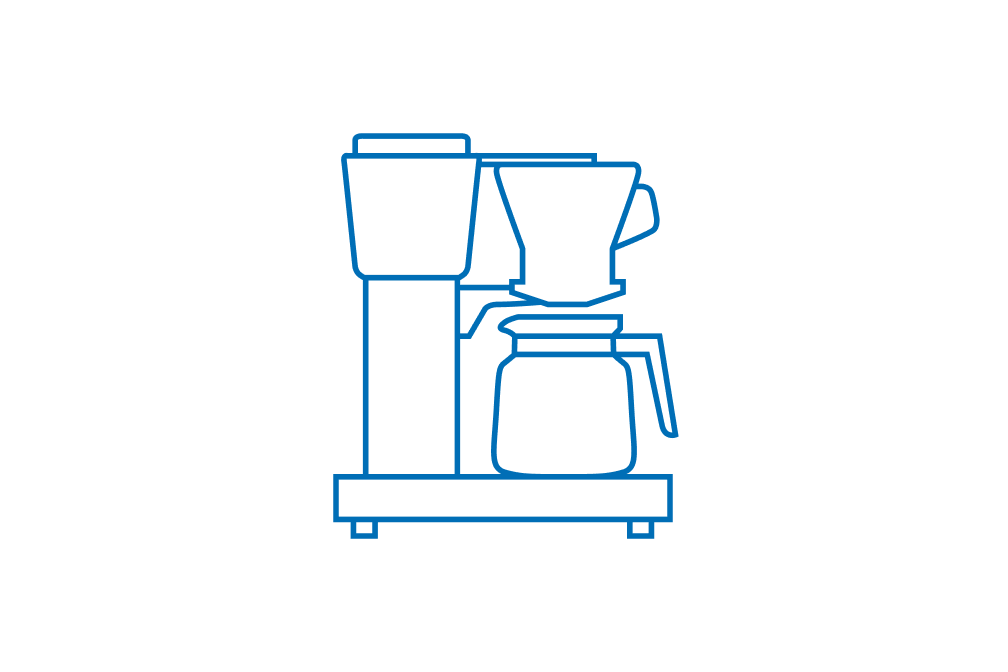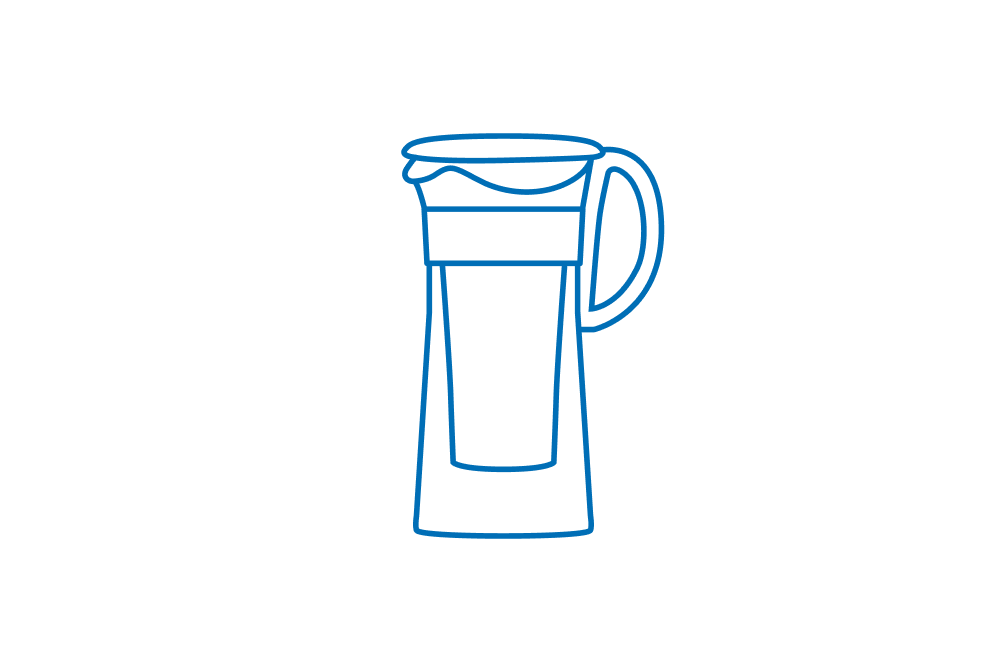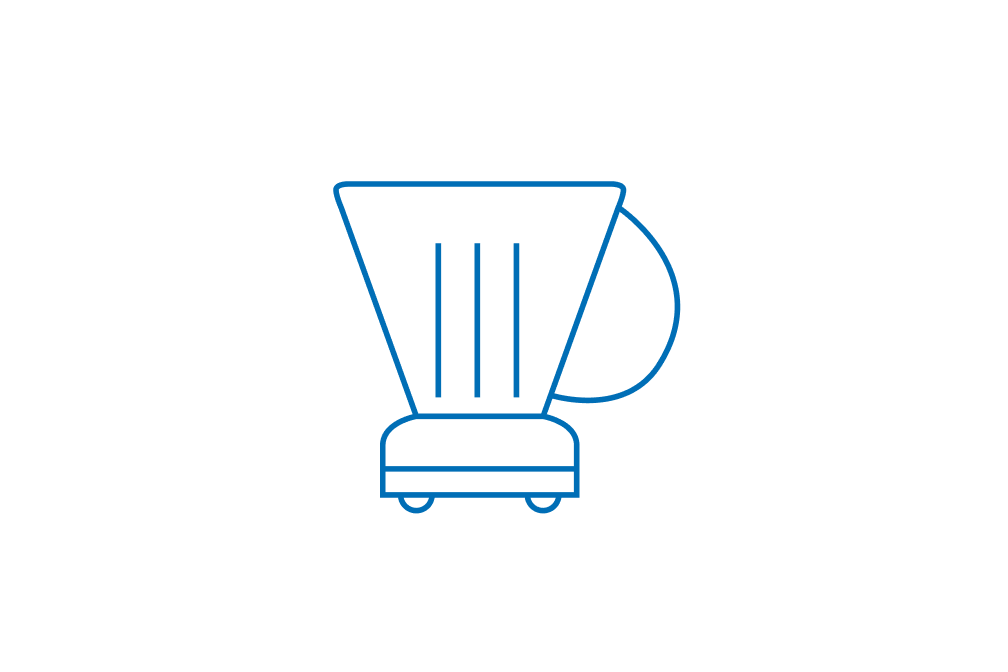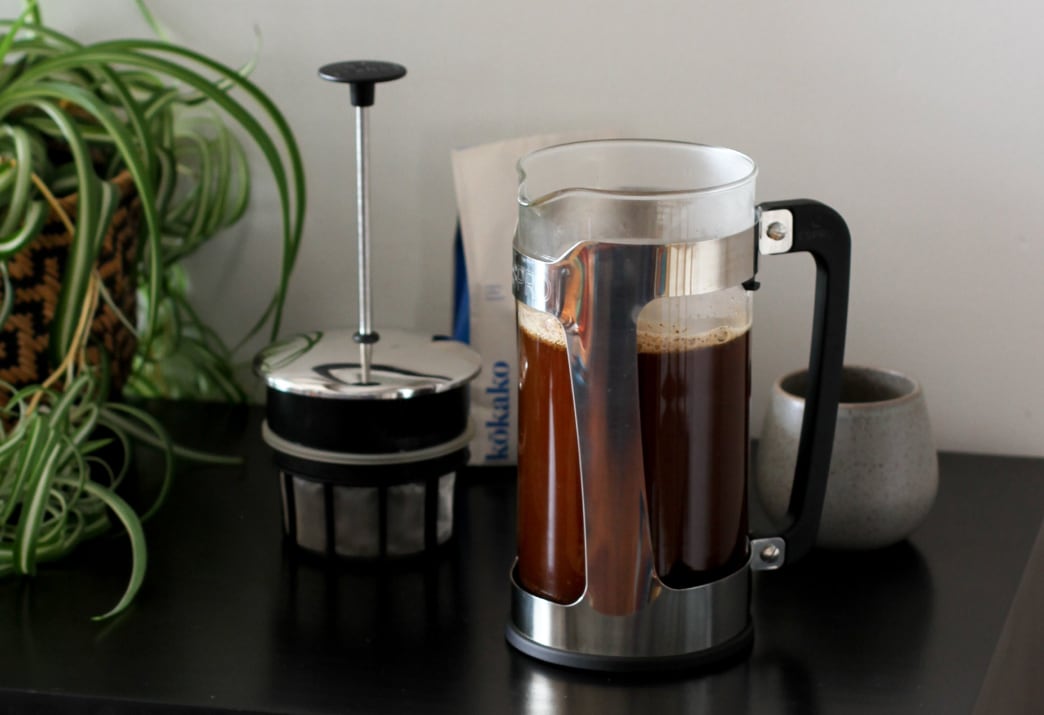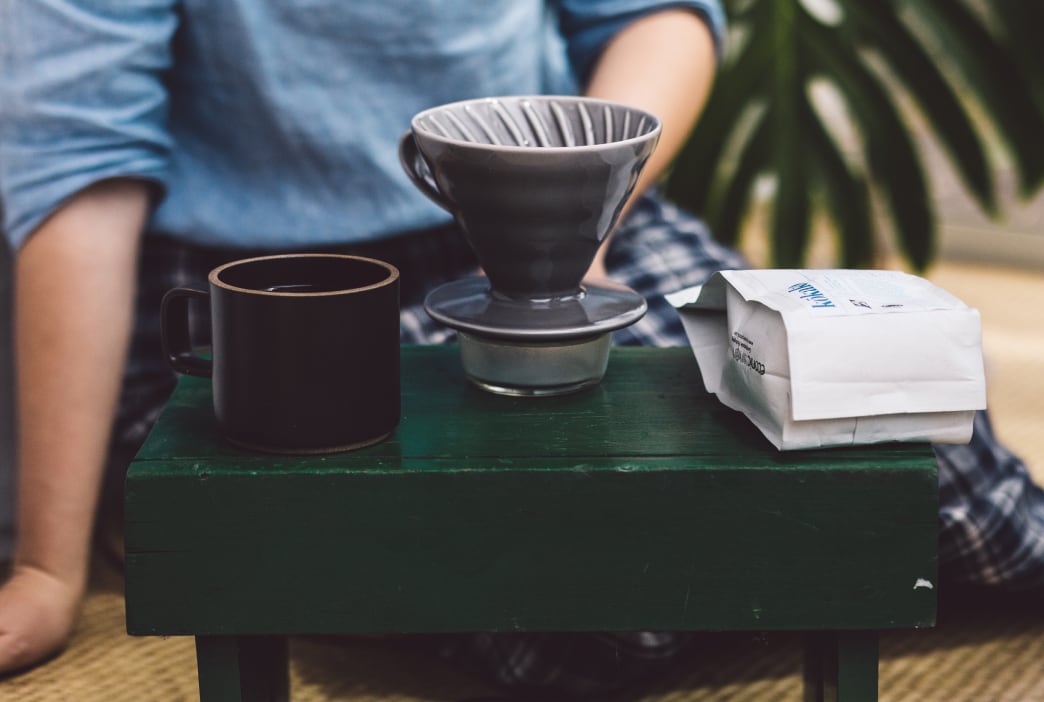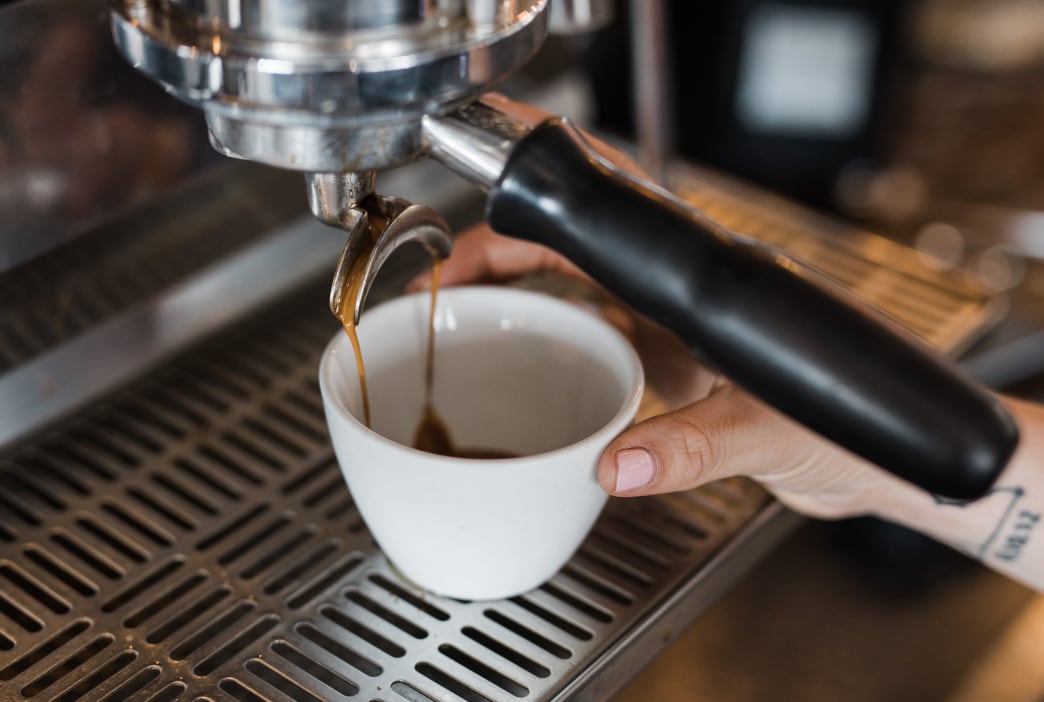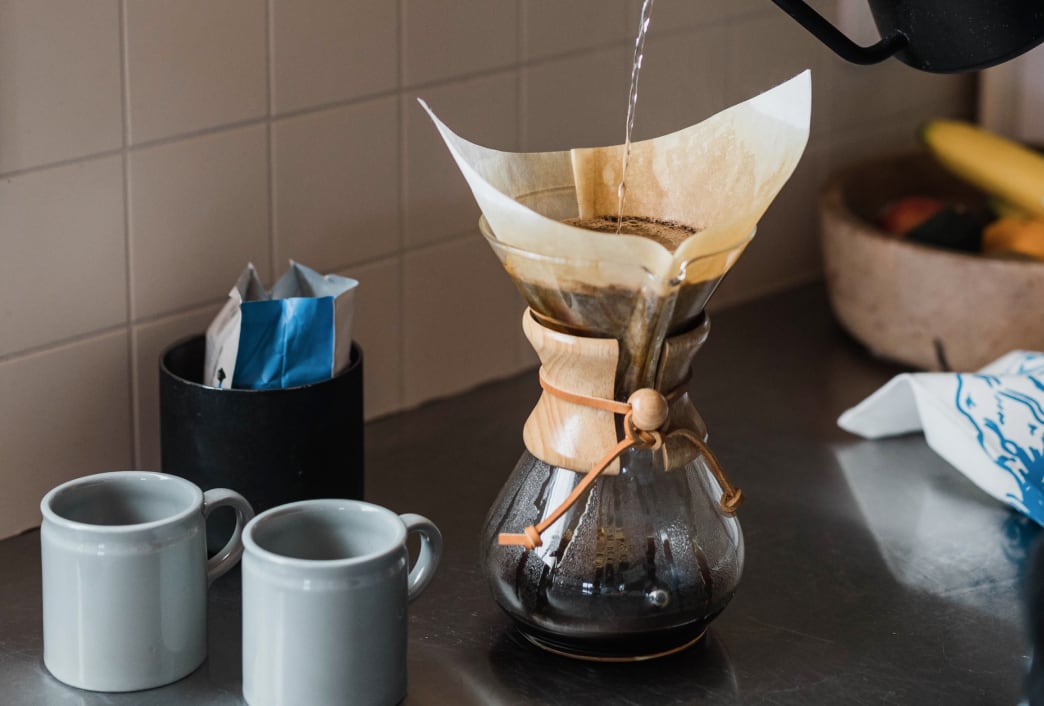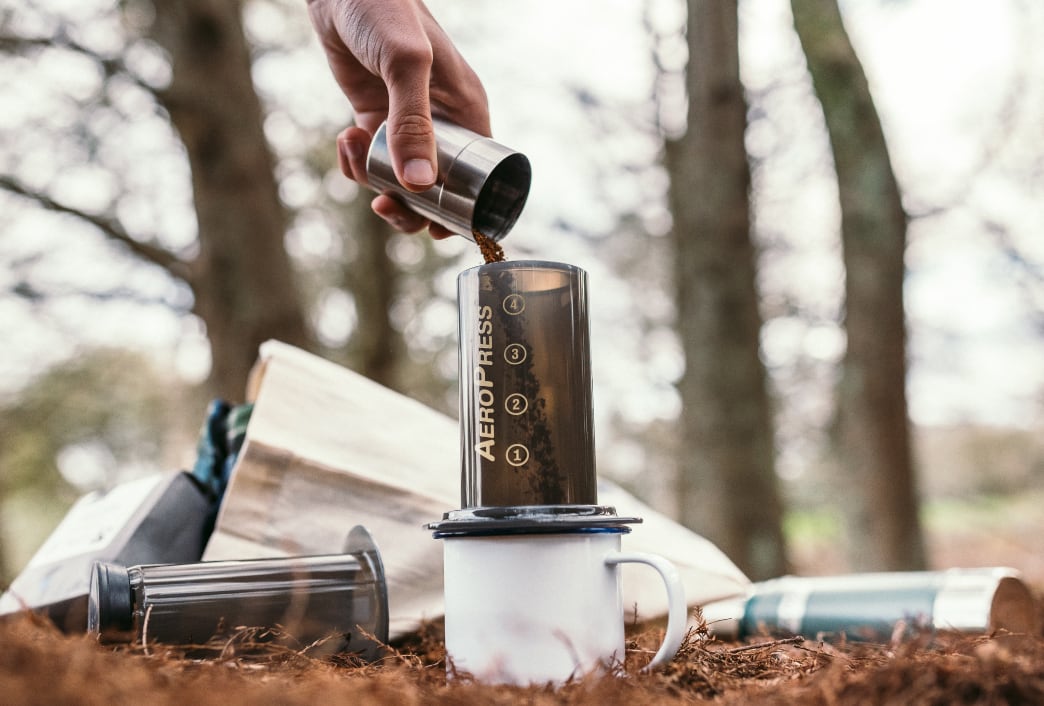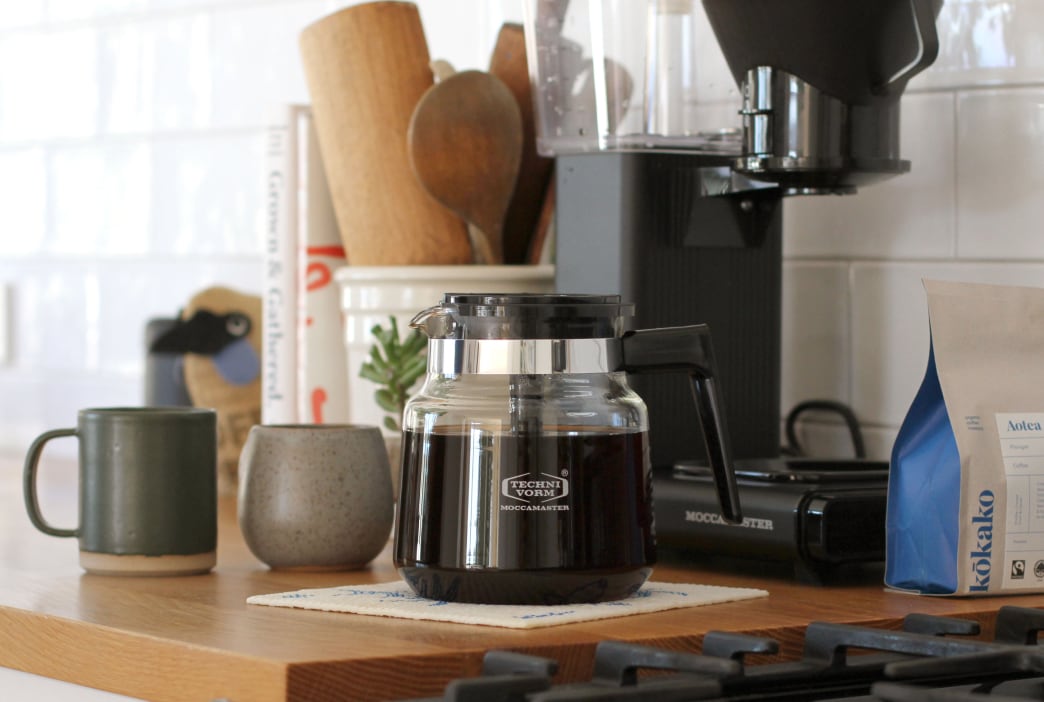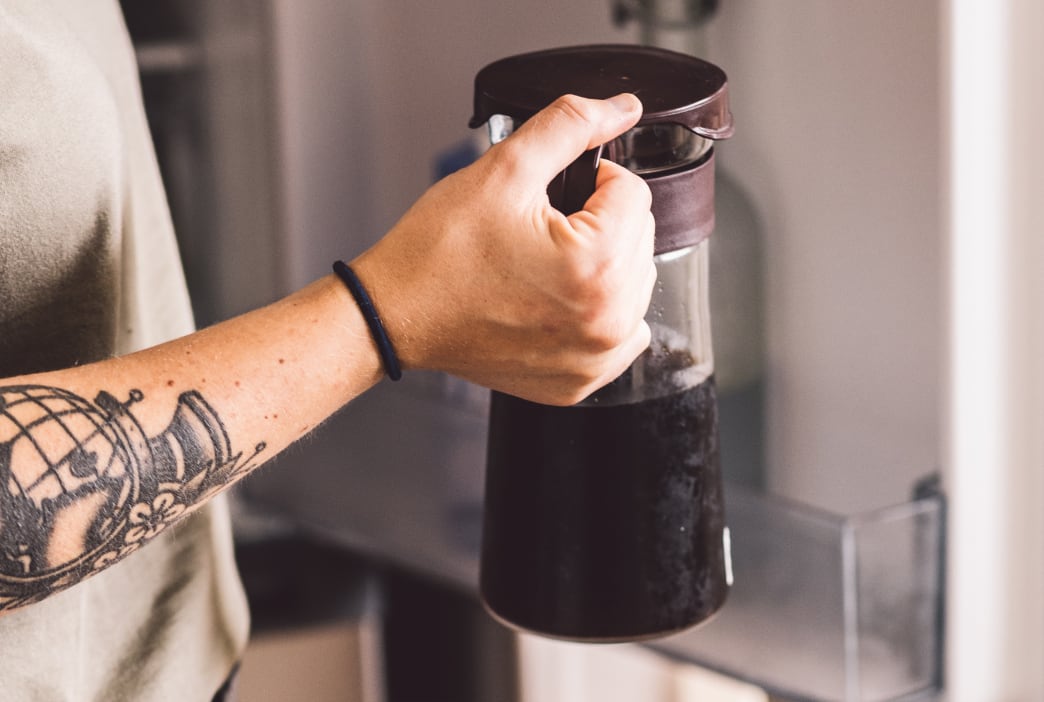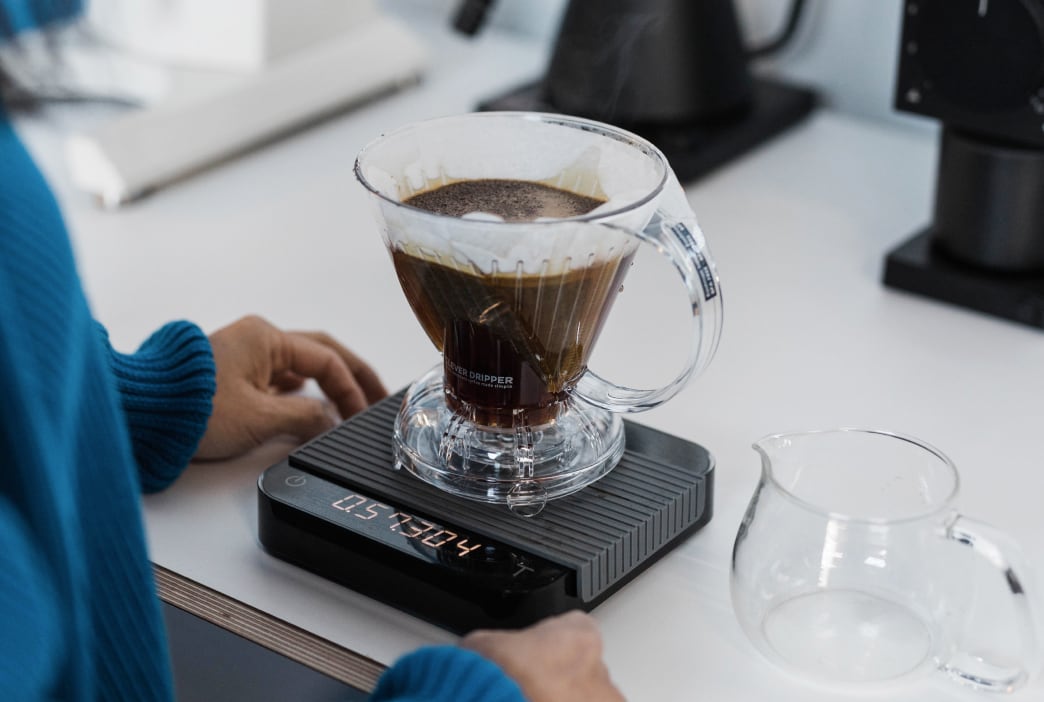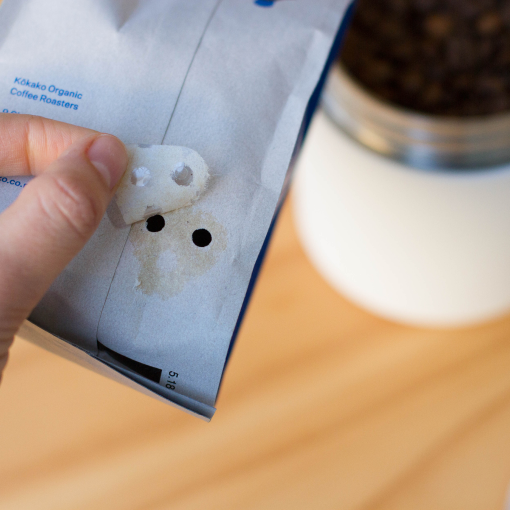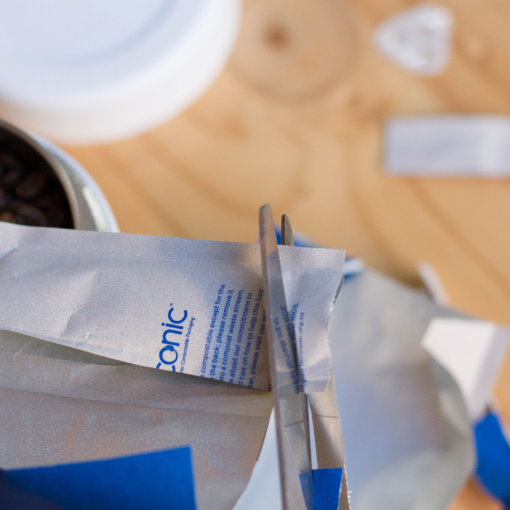November 22, 2021
Sonia Haumonté, Vaniyé Patisserie: Perfecting the art of quality pastries
When Sonia Haumonté first moved to Paris, she never expected to stay more than a year. As it turns out, she fell in love with the city and stayed for seven, training at renowned school Le Cordon Bleu and working in some of the vibrant capital’s top eateries. When she eventually moved back to Aotearoa, with French husband Laurent in tow, she brought the skills she’d honed at various brilliant patisseries in the city, alongside a deep love for French culture.
The pair founded Vaniyé Patisserie after a few market stints, hoping to ignite Kiwis’ love for French pastries. It was a risk, but one that paid off; 10 years later, their pastries, cakes, chocolates and macarons are still adored and their little spot in Tāmaki Makaurau’s Parnell is as popular as ever.
Since they opened their patisserie, our coffee has always been their beans of choice. Everything they use is chosen for its quality, including using the New Zealand butter brand Canary, French Valrhona chocolate, and organic fruits wherever possible. Their cakes – which are simple, chic and colourful – are also colouring free.
Here, we speak to Sonia about her love for food, the importance of using quality ingredients, and why she can never go past a flaky croissant.

What initially inspired you to go to Paris and train, and what originally piqued your interest in food?
I was born to restaurateur parents, so naturally, I have a special relationship with food. Growing up, we were lucky enough to always have good, proper home-made food on the table. My parents would teach us about the value of money and the importance of saving up, as they had to work so hard to earn a living. They would sacrifice certain things in life to save up during tough times, but never proper food on the table. Having daily family meals together was important. They worked hard and worked long hours, so it was the time where we could all sit down together, share meals and conversations.
How would you say our cafe scene in Aotearoa compares to Paris?
To be honest, I think we have a way better selection and quality. Especially compared to when I was living back there 10 years ago. In European cultures they don’t really drink milk coffee, so it’s mainly black coffee. But the quality they have isn’t that great; you can taste it more when it’s black coffee and not diluted with milk. So the focus on how the beans are roasted and the technical part of actually brewing the coffee has had less emphasis back in Paris. It’s only just started in the last two or three years, where New Zealand and Australian style coffee is becoming really popular there. Young French people come over here to work as baristas and then they get trained and go back home and have this whole new skillset.
You use our Kōkako coffee in your cafe front. Why does it pair so well with the sweet treats that you make?
I’m actually a heavier tea drinker but I do enjoy the occasional cup of coffee, and I remember when we went around looking for coffee, I found Kōkako had a beautiful flavour profile. We needed something to have a strong, beautiful flavour of coffee, but not be overpowering with our desserts. But our decision wasn’t just about the flavour of the coffee; being a really small business with strong ethics, we wanted to work with a company that has really similar values and ethics to us, and Kōkako just ticked that box for us.
Ingredients such as chocolate must have to be really high-quality with your creations. What standards do you uphold in that sense?
We work a lot with chocolate, and obviously we don’t grow chocolate in New Zealand so it has to come from overseas, so we use top line chocolate. But we try to make sure we use as local as possible where we can, so for example with fruit, we work directly with the orchards rather than one of those big-sized produce companies. And anything from overseas, we make sure they have a good supply chain and we can trace that directly to the growers. So with the cocoa bean plantations, we use ethical growers. It’s just small things like that that are really important to us, rather than going for the cheapest or mass-produced things that we can easily get hold of. We want to make sure every batch of our cakes turns out really well and consistent in quality. We know what it’s like for small businesses, so it’s nice to be able to support them directly.

Does the quality of ingredients make a big difference to the flavour profile?
Oh absolutely. Let’s say, if you talk about fruit, there’s an apricot, then there’s an apricot, and they can be completely different grades. We try to have minimum sugar added as well, that’s why it’s really important we use good chocolate and good fruits, and good butter for our pastries. The downside of it is that the cost is going to go up because of that quality, but it makes a massive difference and our customers can actually tell the difference as well. And they appreciate it. They know the story of where our products come from, so they’re willing to pay a bit more premium because of that, they get the quality and they know it’s been made artisanally in our little kitchen. We preserve the method of producing as well, because sometimes you have great quality ingredients, but then ruin it through the production process. It’s quite pointless.
Pre-Covid, had you gone back to France regularly to gain inspiration and learn more about the art of patisserie?
Yes we normally go back every year, but then with Covid we couldn’t go back! But thanks to social media, with things like Instagram, it allows us to connect to the rest of the world. So we still have connections with chefs from different continents through social media, so there’s still the sharing of techniques and knowing what the trends are.
Do you cater for different dietary needs, such as vegan, paleo and gluten-free?
Gluten-free is easier for me with writing up recipes because we use a lot of nuts with our products, so we replace flour with ground almond or ground nuts. Vegan we have less because we rely heavily on eggs with all the baking. There are other products that provide egg and gluten substitutes, but we’re quite cautious because many of them have been heavily manufactured. Even gluten-free flour is heavily manufactured and people don’t realise that. So we like to stick to the raw ingredient in its natural format, we’d rather not risk it by using something that has been altered so much. There are a lot of products out there that are ‘naturally-derived’ but have been through a huge manufacturing process and been chemically changed, so it’s no longer good for your body.
Where do you source your milk and butter and eggs?
We get local milk and butter and eggs and use only free-range. Unfortunately we don’t use organic because we can’t go organic with every item, otherwise the cost would go up really high. Especially because our labour costs are even higher, being an artistic domain. So we just make sure that everything we do is free-range, or organic spray for fruits where we can’t go organic. Our butter is New Zealand butter, Canary butter, which is pretty much the most expensive but it’s beautiful quality. We’re lucky that with all of our dairy products, we can stick to our locally produced dairy products.
Do you have a favourite pastry that you just absolutely can’t say no to?
Oh look, I’m a huge fan of plain croissants. A good croissant made with good butter is flaky with a nice, beautiful perfume. And we have a signature cake called the Noah cake, it’s a family favourite and we can’t take it off the menu - our customers get angry if we do!
I think it’s the French way, having lived there for quite a long time, where we’d rather eat a small amount of something that’s really good than sacrifice the quality. For example, in France you wouldn’t really find trim milk, as everyone likes a full cream milk. That’s our mantra in our family, we have full flavour products but less in quantity.

That’s a really beautiful ethos.
It’s the same with quality products, people complain that they’re really expensive, but then if we don't abuse it and eat only what we need, it doesn’t have to be an expensive lifestyle to eat organic fruits and vegetables or free-farmed meat. It’s a matter of reeducating ourselves as well, because we’ve become so accustomed to cheap manufacturing and big volumes of things, rather than having quality in smaller portions.
When you started out, you had some challenges with getting people interested in your food. What advice would you give to a younger you?
Oh gosh… don’t be scared of trying, and listen to your gut and instincts. If we didn’t do that, we probably wouldn’t have our shop right now. When we first started we were selling at the markets and didn’t have an actual retail shop, and the number of people who discouraged us saying “it will never work in New Zealand”, there was so much of that and there were nights where we were crying saying “what are we doing? We just moved back from France to New Zealand and people are telling us it’s not going to work!” Part of it is risky, but it’s also just communicating with who your potential customer is going to be so that they know what you’re trying to do and the values of what you do, then they’ll eventually understand.
You can find Vaniyé Patisserie at 1/7 Windsor Street in Parnell, Auckland. Stop by and sit down with a coffee and croissant.
Share
Back to articles
